High Society: Episode 16 (Final)
by HeadsNo2
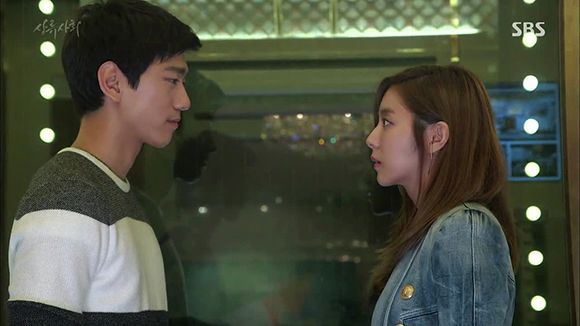
Every loose thread finds its partner and the bow it belongs to in a solid finale that showcases the best of what High Society had to offer, which definitely has nothing to do with business or any sort of commentary on the class divide. But if you were just here for the romance, then this is an ending catered just for you. For everyone else, all I can say with certainty is that it is, in fact, an ending.
Ratings-wise, High Society finished on a high note of 10.1%, falling just short of Hwajeong at 10.3%. KBS’s I Remember You brought up the very rear at 5.0%.
SONG OF THE DAY
Park Hyung-shik – “You’re My Love” from the OST [ Download ]
Audio clip: Adobe Flash Player (version 9 or above) is required to play this audio clip. Download the latest version here. You also need to have JavaScript enabled in your browser.
FINAL EPISODE RECAP
Yoon-ha calls Joon-ki to ask if he really quit the company, to which he chuckles a bit that news sure does travel fast. She doesn’t understand how he of all people could quit—wasn’t making money more important to him than anything?
But Joon-ki says he knows better now, and even admits that despite telling her he was sorry for what he did and that he was wrong, it never really rang true because he was never punished for his misdeeds. Now, he’s enacting that punishment himself and completing the circle.
“Let’s not meet anymore,” he says emotionally. “Let’s not call each other either.” He’s ending things, and hangs up with tears in his eyes. Yoon-ha’s left stunned.
Chang-soo’s thoughts drift toward what Ji-yi said to him last about not wanting to resume their relationship while he’s in a business meeting. Still, seeing him working at his job is like spotting a rare white elk.
Joon-ki finds Mama Lee at home and is surprised when her reaction to the news that he quit his job is: “You did well.” She knows it must have been a hard decision for him, and he even admits that he hasn’t made a decision without carefully weighing the consequences like this since middle school.
Still, Mom is proud of her son, and it’s clear that Joon-ki appreciates her support. He jokes that he’ll have to get a part-time job so he’ll have something to do, while Mama Lee gets the once-in-a-lifetime opportunity to offer to give money to her son.
Joon-ki doesn’t need it. Instead, he envelops his mother in a warm embrace. Aww.
Ye-won is updated on Kyung-joon’s underhanded business dealings, which were mostly done against Taejin’s interests. She finds out about the foreign investments he told/warned his father about, and it’s with chagrin that she’s told he took all the necessary steps to make sure what he did was legal. Now he’s in a position to threaten their father, so Ye-won wants to meet with him.
Yoon-ha confronts her unni over Joon-ki’s resignation, but Ye-won has another question for her: “Did you ever ask Kyung-joon why he took you on vacation with him?” She hasn’t, and Ye-won wonders if it’s because Yoon-ha’s afraid her image of oppa will shatter.
“What do you gain from ruining my relationship with Oppa?” Yoon-ha spits back, only for Ye-won to say that she’s not ruining anything—she’s telling Yoon-ha to fix it. And when she does, she’ll tell her about the deal she made with Joon-ki.
Flash back to the day Kyung-joon reappeared (so yesterday), as Ye-won had asked Yoon-ha why she thinks her oppa took her on his vacation. Yoon-ha had refused to believe Ye-won’s claim that Kyung-joon had used her so he’d have a witness, so Ye-won challenged her to prove her wrong by asking him herself.
Yoon-ha calls Kyung-joon and hears his voice for the first time since his “death,” which has a definite I-give-no-shits tone to it. He knows she wants to meet and says he’d do it even if he was busy because he’s indebted to her.
She swallows as she asks what kind of debt he means, but he’ll tell her in person.
Ye-won tells her father that they can’t keep Kyung-joon on their board when he’s a board member of Albimama, the foreign company he invested in. She advises him to oust Kyung-joon and take his shares, only for her father to tell her that Kyung-joon already came to him as a representative of Albimama and proposed a merger.
To Ye-won’s complete surprise, Chairman Jang told him he’d look at the offer objectively. “Because of what Kyung-joon did, our stocks plummeted and the company as a whole was in danger. He left the company and family for his own comfort, but you’re going to accept a proposal from that kind of child?” she asks disbelievingly.
Chairman Jang says he’ll accept anything that could raise their numbers, and would even deal with the devil himself if he had to. Kyung-joon’s proposal could be good for Taejin, and he advises his daughter to learn how to hold hands with her enemies when it’s for the good of the company.
Ye-won, understandably frustrated, proceeds to tear her office apart.
Yoon-ha’s first meeting with her oppa since his death is surprisingly understated, since she uses a flat tone to tell him that she was heartbroken when he “died,” but survived. She’s not great at it, like most things, but she’s learning to live with her vast array of inadequacies.
She does admit that she was scared to meet with him because of what Ye-won said, but then adds, “I love you. When I was worried you’d used me, I thought that my heart would break again even though I’d just barely put it back together.”
She still doesn’t ask why he pretended to have died, but instead why he gave her stocks. He says it’s because he wanted her to have a bigger presence within the family and the company.
“I thought I could escape from this place,” she sighs. Kyung-joon says it’s possible to escape from physical possessions, but that there’s no way to overcome their family relationships. Umm. Is it just me, or does he have no room to be saying all this right now?
As he explains it, he took her on the trip with him so she’d be the one to see his last moments living as Jang Kyung-joon—but if she wants to think of it Ye-won’s way, she can. “My choice is always you,” she answers. Kyung-joon is happy he judged his sister correctly.
He’s also not worried about their father either, since Chairman Jang loves him and always will. That’s why he chose to disappear, because the bond between him and his father is unbreakable. Or something.
After Madam Min takes a contemplative moment to reconcile her past as a bad mother with her present by wondering where it all went wrong, she takes her conclusion to Chairman Jang that they both share responsibility for their failed marriage and how it affected their family.
“I didn’t fail. You did,” he says stubbornly. As she goes on with her philosophical musings, he finally just asks her to get to the point—nothing’s going to change with this discussion. He knows she won’t divorce him and that she’ll just continue living as she is, so why bother talking when it won’t change anything?
Madam Min eventually realizes that it’s useless to try and get him to understand that even if the end result will always be the same, they can take a different path to get there.
Next up on Madam Min’s Reconciliation List is Yoon-ha, as she asks her daughter if she hates her. “Why would I hate you?” Yoon-ha replies. She’d always wanted her mother’s acknowledgment, but now that she’s grown older, she needs it less.
Her mother admits that she’s been a weak person, and that she genuinely wants her daughter to forget all the terrible things she’s said over the years. “I’m sorry Mom,” Yoon-ha says with tears in her eyes, “but I don’t think I’ll forget.” She’s bound to think of them even in her darkest hours, but what can she do?
That’s enough for Madam Min, at least. It’s not perfect and it makes them both incredibly sad, but it’s the best they can do.
Chang-soo sits his mother down to tell her that he’s going to marry Ji-yi, and when his mother tries to dissuade him because it’d end up in divorce, he still says, “Even if we divorce, I want to marry her. I want to become a man with responsibility. I want responsibility.”
He wants to marry Ji-yi for himself, to which his mom says fine, he can leave the family and marry her. But that won’t work—since Ji-yi won’t marry someone whose family doesn’t approve, she and his father have to.
It’s funny how his mom’s conviction is clearly waning, but even so she feebly argues, “No matter what she does, she’s too much. Even if she has nothing, she has too much of nothing.” Hahaha. As for her lacking a college diploma, Chang-soo tells his mother to set her mind to it and help Ji-yi, because she has a good heart like her.
“She does have a good heart,” his mom admits begrudgingly. Chang-soo says that’ll make Ji-yi a great daughter-in-law for her to have, since her other daughters-in-law have hearts made of coal.
Surprisingly, he even gets her to reluctantly agree to persuade his father for him, saying those words she’s now come to fear: “I chose you, Mom.” She calls him a trickster, and he smiles that he’s her son, after all. “I don’t want to be separated from you, and I don’t want to be separated from Ji-yi either. I want both.”
Even if they separate after one day or ten, he still wants to marry her, he reasons. And that way, he’ll get to live with is mom forever since she’ll still be there even if he were to separate from Ji-yi. “I want to be a man,” he smiles. His mom knows she’s been defeated.
Chang-soo pays Ji-yi a visit that night to tell her that his mom will be calling her soon, and that they’ll have a talk after the two women meet. He just came to warn her so she wouldn’t be so shocked, and says only that he finally decided to intervene between them.
Yoon-ha relays what Kyung-joon told her to Ye-won, who doesn’t see the difference between Kyung-joon wanting her to remember him versus him wanting a witness. Regardless, when confronted over Joon-ki’s resignation, Ye-won tells her little sister that he quit on his own accord—which is a shame, since he could’ve gone far in the company.
That leaves Yoon-ha to think back over everything Joon-ki said and did he started working for Taejin. And slowly but surely, she seems to consider the possibility that he came to the company for the sole purpose of helping her succeed.
After their first non-competitive bike ride, Chang-soo asks Joon-ki why he quit after having heard the news from Yoon-ha. Joon-ki starts explaining how not wanting to live like his parents, especially his father, is what drove him forward at first.
But now he’s changed, and he’s realized that it’s fine for him to live like his parents. Besides, he’d forgotten that he was just in his 20’s and still young, so he’s going to give himself time to catch his breath before making his next move.
Even Chang-soo laughs at that, since he’d also lost sight of the fact that they’re still young and not ninety years old. Joon-ki knows his friend though, and asks how things are progressing with Ji-yi. He wonders if Chang-soo will be able to go through with his promises, but has faith in him. Plus, he’s slowly coming to like his buddy more with each passing day.
Mama Lee offers Lady Kim advice when she thinks the ex-mistress will be starting a new life elsewhere, only to find out that she’s just moving houses with all the money she’s been given. Unfortunately, all the money in the world can’t get Mama Lee to come work for her again, so this is where they part.
Ye-won and Kyung-joon have a terse conversation before the merger meeting where he’ll be representing Albimama, causing her to sardonically ask if she’s lost to him. “You’ve never won against me,” he answers.
The fact that he can’t step foot inside a Taejin building doesn’t bother him, since he still has a twelve percent stake in the company. Ye-won claims that people won’t forget he suffered from depression, which is why Kyung-joon says she’ll always lose to him—if he wins, his illness will become nothing more than a myth.
Ye-won calls him out for his arrogance, considering that he was caught while running away. Kyung-joon: “You lost the day you were born. Why can’t you acknowledge that? No matter how well you do, you can’t win against me. I win from being born this way.” I liked you better when you were dead.
At long last, Joon-ki goes home to visit his father, who couldn’t be any happier to see his son. He knows his father doesn’t get out ever, so he takes him out to the park. Even handicapped, his father still insists on fanning his precious son. Aw, this is heartbreaking.
He knows Joon-ki quit his job, and still offers him words of encouragement. It’s clear he loves and worships his son, which is enough to bring tears to Joon-ki’s eyes.
Chang-soo’s mother meets with Ji-yi, and makes sure to impart her most serious gaze as she says these solemn words: “I won’t oppose the marriage.” So now she’ll meet no opposition from his household, meaning that the only reason their relationship would end is if they broke up.
Imagine the loop she’s then thrown for when Ji-yi still says she won’t date Chang-soo, since getting married now would likely just end in divorce. Even though that’s the same thing his mother said, she’s flabbergasted that she’s gone through all this only for Ji-yi not to be falling at her feet.
So she basically has to convince Ji-yi that she needs to make the best choice for herself here in the present, and that Chang-soo has a great sense of responsibility. Ji-yi should be thanking her, even! So it’s funny that when Ji-yi does, Chang-soo’s mom is so unsettled by the whole thing that she openly admits she feels like she’s somehow lost to her.
And it’s even funnier that Ji-yi has to buoy her back up by saying that there’s no way she lost, and gives her even more confidence by saying: “You won. I was defeated by you, so I’m going to meet with Chang-soo again.” Poor Chang-soo’s mother. I think these two will enjoy being family.
Ji-yi calls Chang-soo, and though they don’t mention what was talked about directly, their happy tones and even happier smiles while talking to each other says it all.
Yoon-ha waits for Joon-ki in his apartment lobby, but refuses to step foot in his actual place since it reminds her of being made a fool of while she was love-struck. “Let’s get one thing straight,” Joon-ki says. “When I was with you here, I was the fool, not you.”
He goes out to dinner with her after she promises to buy (he’s unemployed now, after all), where she grills him over his recent decision to quit and her sister’s plans. But what she’s most curious about is what he wouldn’t tell her before: Why did he come to work at Taejin?
After a long pause, Joon-ki sheepishly admits that it was because of her. And when pressed for more details, he adds that it was because he missed her. Yoon-ha latches onto that and keeps needling him with questions, which only makes him more embarrassed. It’s cute.
They take their conversation to the Han River, where Yoon-ha starts to go into an explanation about how she used to expect perfection from those closest to her… but Joon-ki stops her from going further. “You’re settling,” he claims. “You’re trying to understand my actions toward you.”
He doesn’t want her to do that—in fact, he wants her to throw him away. Yoon-ha jokingly defends that he jumped the gun on that one, since she never said she was going to take him back. All she wants to know is when he started to love her for real in the midst of their fake relationship.
Was it when they had their first kiss? Joon-ki shakes his head. Yoon-ha still hates the idea that he kissed her without even liking her, but talks about it like an adult now. He apologizes for that, but she still wants to know when it started, even if she’s not going to do anything with the information.
“The first moment I loved you was when…” Joon-ki pauses. “I can’t say it here.” He wants to know for himself whether it started in “that place” or not, but he won’t tell Yoon-ha where it is: “If we go there, I won’t let you go.”
Ji-yi comes home to find Chang-soo waiting for her on her rooftop, which he notes is where they had their second kiss. She says that people normally remember their first kiss, to which Chang-soo replies that he’s not normal.
“Ji-yi, let’s live for today. No one knows what tomorrow will bring,” he says. She repeats his words, before he says that though people might look at them and think they’re doomed to break up, they shouldn’t let that stop them from living together.
“I want to live with you,” he reiterates. “What do you want to do? Will you live with me?” Ji-yi says yes without hesitation, and the two jubilant lovebirds embrace with huge smiles on their faces.
On her quest to find out when and where Joon-ki first started to love her, he takes her to the hotel where she had her blind date with Chang-soo. It’s the elevator specifically, where he’d seen her in her rebel wear looking lost in her own world.
“Now that I think about it, it was from the moment I first saw you,” Joon-ki admits once they step into the elevator. Then he turns to her and says, “I love you, Jang Yoon-ha.”
“I don’t believe in fate, so I’ll make a choice,” Yoon-ha replies, hearkening back to their once-dueling life philosophies on destiny versus choice. “I choose you, Choi Joon-ki.”
They kiss just as the elevator doors close and they ascend up, up, up. In voiceover, we hear Yoon-ha say that though their start was impure, they were still able to share a pure love with each other. Though not all their problems could be resolved, love at least gave them the strength to resolve them, and paved their road to happiness.
One year later.
Yoon-ha, now a director at Taejin, meets up with a very pregnant Ji-yi, her husband Chang-soo, and her own significant other Joon-ki at the same villa where the two boys once had their blowout fistfight.
Ji-yi asks if Yoon-ha’s going to get married, but Yoon-ha sees the two of them constantly going back and forth and says marriage doesn’t look all that great. Ji-yi rubs her pregnant belly and says she likes being married, even if it’s hard living up to the expectations set by Chang-soo’s mother.
“Overall though, it’s fun. More than anything, I like living with Chang-soo,” she chirps. Chang-soo: “You like living with me?” Ji-yi: “I do. The more I live with you, the more I like it.” Chang-soo’s face breaks out in a wide, childish grin as he chirps back, “I like it too!” Aw.
Well, Yoon-ha sighs, she doesn’t suppose she’ll be getting married anytime soon, since the man she loves won’t propose. Cue Joon-ki pulling out a ring box with matching wedding bands.
“Will you marry me?” he asks. Yoon-ha says that there should be a declaration of love with a proposal, which Ji-yi backs her on. So Joon-ki amends his earlier statement: “I love you. Will you marry me?”
Yoon-ha takes the box in her hands, smiles, and tells Joon-ki that the ring is pretty. That seems to be her version of a “Yes,” much to his joy.
COMMENTS
This finale did a pretty good job at tying up most of the characters’ emotional threads into neat little bows, even if some of those bows weren’t perfect or even all that complete. But that adds a bit of realism to an hour where everyone seemed hell-bent on mending every broken fence they’d ever come across, since the resolutions themselves aren’t inherently fantastical as much as the idea that all the resolutions happened in a relatively short span of time.
I guess that’s just the way it goes in drama finales though, and it falls to the best of shows to bring everything full circle as seamlessly as possible. It all comes down to stakes and payoffs, and where we tend to feel cheated is when there’s been loads of setup only to lead up to hasty and hackneyed conclusions. That being said, this was a show that seemed content without high or even consistent stakes, since the ones it set up would be instantly negated the moment a character changed their goals. It’s fine if the whole point was to pair everyone off all along (and it was), but it certainly puts a damper on anything this show was trying to say about the bigger picture and overarching world its characters found themselves in.
So while we can say that no one came to this show or stayed for it expecting a detailed manifesto on the class divide, it was a problem that was set up and not adequately dealt with. Or if it was, the message was so at war with the comparatively cute and saccharine romantic resolutions that it comes off either willfully ignorant or mean-spirited—because that message seemed to be that ambition is bad unless you’re born rich, and you are what you were born with.
The character of Kyung-joon is the literal embodiment of the latter statement, and while he made absolutely no sense before and during his disappearance, his reappearance and subsequent moral grandstanding took nonsensicality to a whole new level. It’s a bit of a shame really, since this finale and story would’ve been a lot more solid without him. He became the weakest link for reasons that are still completely beyond me, because while we could maybe say his absence was the catalyst that set Yoon-ha in motion (even though it wasn’t), the only thing his return accomplished was to reinforce the other rather bleak message that hard work means nothing unless you pee standing up and/or are Yoon-ha.
Plus, it makes his entire disappearance moot when he can resume life like it never happened—and even then, to what aim? If he disappeared to get away from it all, then why did it take him all of two seconds to immerse himself back into the business world he was ready to leave behind, so much so that he’d tell Ye-won that he’ll always win and she’ll always lose because he’s the prodigal son? His character was honestly just unsettling on so many fronts, since he never explained his departure or even repented once he returned, and no one but Ye-won seemed to care.
Ye-won may not have been the most likable person, but as a character she was always consistent and rational, and frequently seemed to be the only one able to take a step back and look at the grand scheme of things. Yet she felt almost unfairly painted as a villain when it came to Yoon-ha just because Yoon-ha suddenly decided she wanted to contradict every value she swore by in the beginning. At the same time, Ye-won was never being unreasonable when she pointed out her little sister’s inadequacies after spending her life working in a company Yoon-ha wanted after three whole days on the job, so to see her lose everything in the end to another sibling who, like Yoon-ha, really couldn’t give a crap was pretty sad and unsatisfying.
It’s equal parts strange and fascinating that Joon-ki and Madam Min stand out for having character arcs, even if that meant going from one extreme to the other. They both started out one way, realized their folly, and changed for the better. I found Joon-ki to be really compelling after he settled for just mediocre ambitions, and still wish that change would’ve taken place sooner—or if not, that the character would’ve still come across with just as many layers even if he was being a manipulative douchebag. But it kind of happened like an on/off switch for him, and for Madam Min too. Both had sort of sudden changes rather than gradual ones, though I suppose I like that their inner changes weren’t predicated upon feeling sorry for themselves. Well, at least for Joon-ki.
Everyone else got to more or less stay the same, which doesn’t necessarily make them better or worse characters. As a lead, Yoon-ha really was too immature and ill-equipped to carry her own weight around, much less the emotional weight of an entire show. To make up for that, we got a second lead couple that remained engaging from start to finish and earned their domestic(-ally happy) ending. If only Chang-soo’s mother could’ve had all of Lady Kim’s wasted screen time, we could’ve seen more of a character type that’s unlikely to ever catch on—because if all chaebol mothers suddenly started being both entertaining and reasonable, I’m pretty sure that dramaland as we know it would simply cease to exist.
GUMMIMOCHI’S COMMENTS
So everyone gets what they want and lives happily ever after? In most cases, I’d find that kind of ending quaint—or ideally, satisfying—and yet for High Society, the show simply ends just like it always did, and I’m left thinking, “Okay, that’s it? No seriously, that’s all of it?” Because even when it’s all over and done with, I’m still trying to justify the sixteen hours I spent watching a show where its central characters battled confusing hidden motivations, spouted lofty, absurd words, and exhibited strange and nonsensical behavior. Oh how those tantalizing teasers of Sung Joon and UEE feel like eons ago.
In retrospect, I feel duped as a viewer that there was a true romance to be had between our leading couple in Yoon-ha and Joon-ki. I’d hoped to see them face classism and question the whole classic rich vs. poor pairing in their relationship. What we got instead was a naive and self-centered heroine whose behavior contradicted the ideals she spoke of. This sense of disconnect from the very beginning made it hard for anyone, both in and out of her dramaverse, to empathize (or even sympathize) with her plight. I wish I could say that there were moments in this series where Yoon-ha’s troubles (apart from being born into a crazy and emotionally unavailable family) could resonate with the common man, but I can’t—not when she can quit her part-time job to sort-of-not-really be financially independent with her company stock and her share of inheritance. Not when she was given everything she wanted on a silver platter, and in what should be her most turbulent emotional pain came out of seemingly nowhere.
And then in her relationship with Joon-ki itself, it was apparent that their conflict was always about rationality vs. emotion more than anything else. All this talk of destiny vs. choice could be boiled down into their differing perspectives of love that were resolved in a trite shift of each other’s outlooks: a dreamer in Yoon-ha would choose love and the practical Joon-ki would let his emotions take over. And when these should be significant consequences, the execution felt no more than characters simply making a choice, with one party making more of a sacrifice than the other. Indeed it seems like Joon-ki is the one giving up his ambitions to do anything for love, while Yoon-ha gets to keep what she already has. Then in that case, it seriously makes me wonder what sort of message the show sought to achieve through their relationship, if any.
What truly saddens me is how the show gave merit to those who spoke possible truths in elevated words versus those speaking sense on the ground level, based upon visual evidence we’ve seen. I never quite understood why certain characters’ criticism of others resonated so deeply with those who heard it, like how Joon-ki’s critiqued his friend about his elitism, of which we saw so little of, if any. Or how Ye-won’s drive for success was ultimately pushed aside for her prodigal brother. What’s worse is that the most important words ended up being spoken through the most unimportant mouthpieces, sapping away the gravity of those truths. To wit, the most insightful words that cut straight to the heart came from the sister whom no one cares about.
So when I see so many illogical choices being made to utilize its core characters and conflict, I naturally gravitate to the one thing that has some level of logical flow. Even in its flaws, the bumps in the road in Chang-soo and Ji-yi’s relationship made me feel pangs in my heart, and made me want them to be together. It’s a shame that their characters held little forward movement or change as well (for instance, Ji-yi was mostly the same person from start to finish), and yet it was the simple act of allowing us as viewers into their lives that was enough to keep tuning in. And when this couple was presented with the same conflict (for one party to change one’s mind to be together), I felt more connected to their obstacles and their tears.
All in all, I wish I would’ve known what High Society wanted to convey past telling us a chapter in a chaebol daughter’s life trying to remedy her quarter-life crisis with love. What a pity that for a show that could’ve defied any societal perspectives on the differences between social classes ended up being a show that even the one percent of our society may know nothing of.
RELATED POSTS
- High Society: Episode 15
- High Society: Episode 14
- High Society: Episode 13
- High Society: Episode 12
- High Society: Episode 11
- High Society: Episode 10
- High Society: Episode 9
- High Society: Episode 8
- High Society: Episode 7
- High Society: Episode 6
- High Society: Episode 5
- High Society: Episode 4
- High Society: Episode 3
- High Society: Episode 2
- High Society: Episode 1
Tags: featured, High Society, Im Ji-yeon, Park Hyung-shik, Sung Joon, UEE

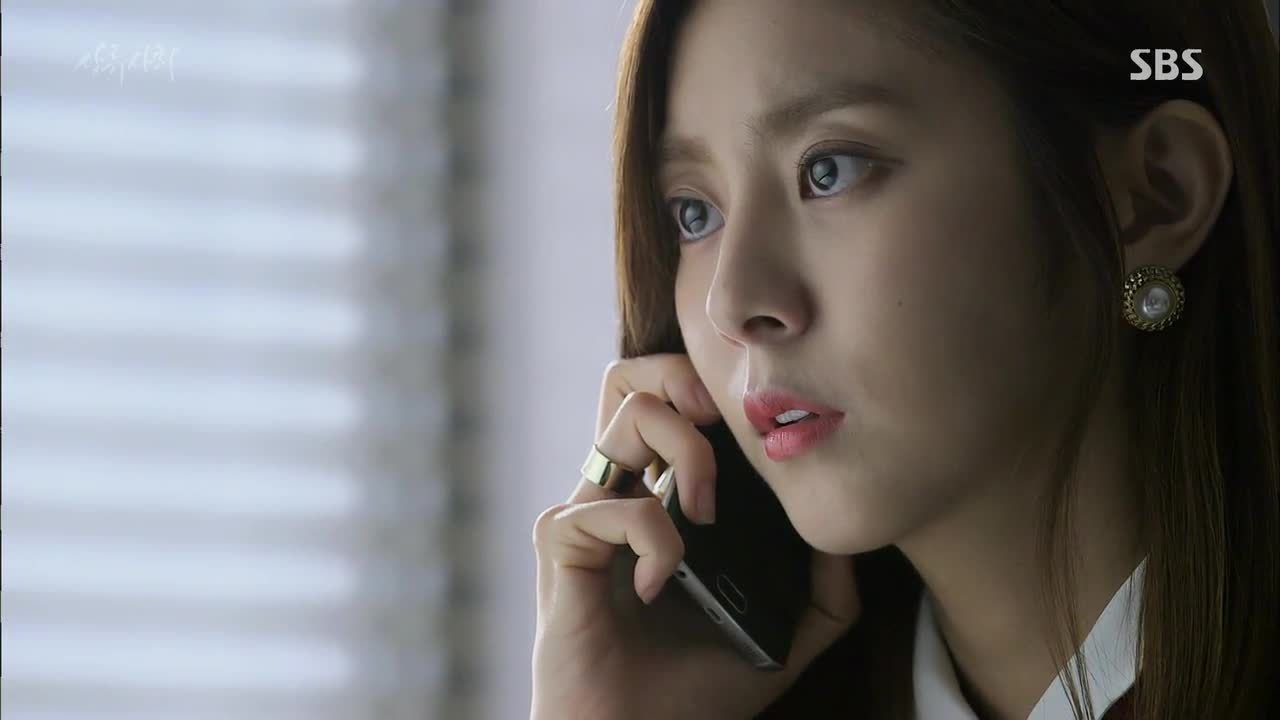
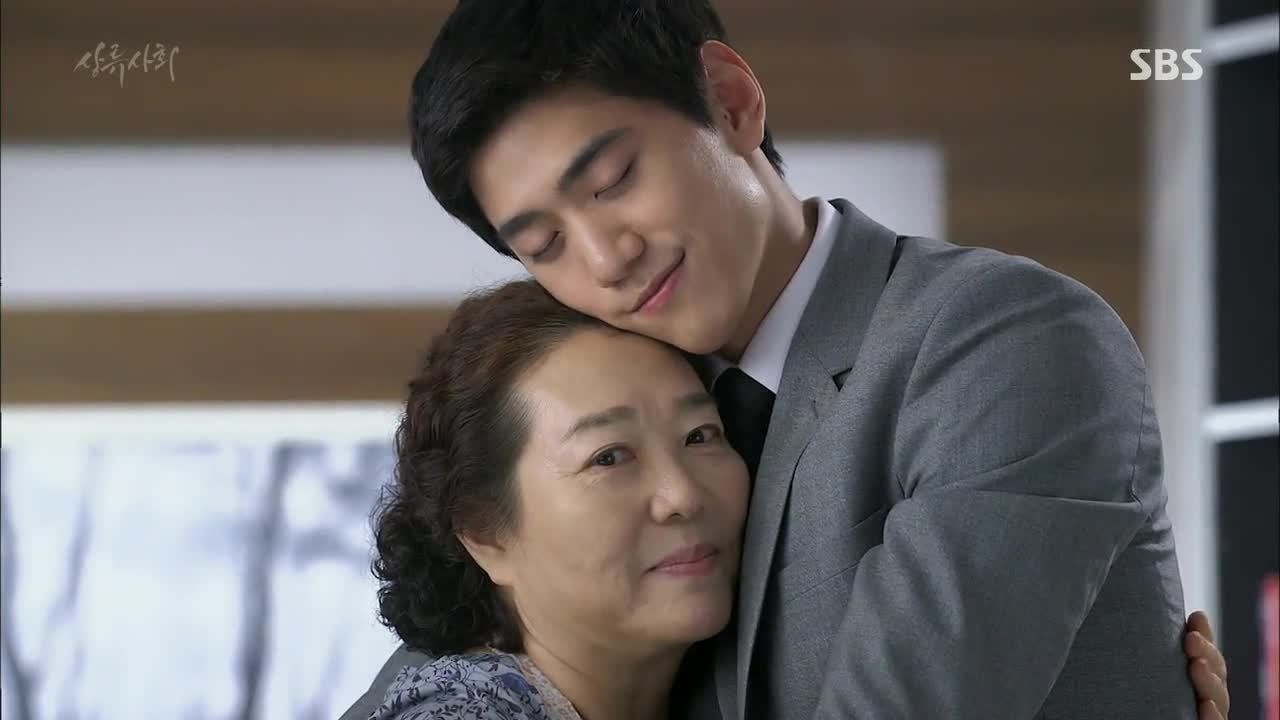

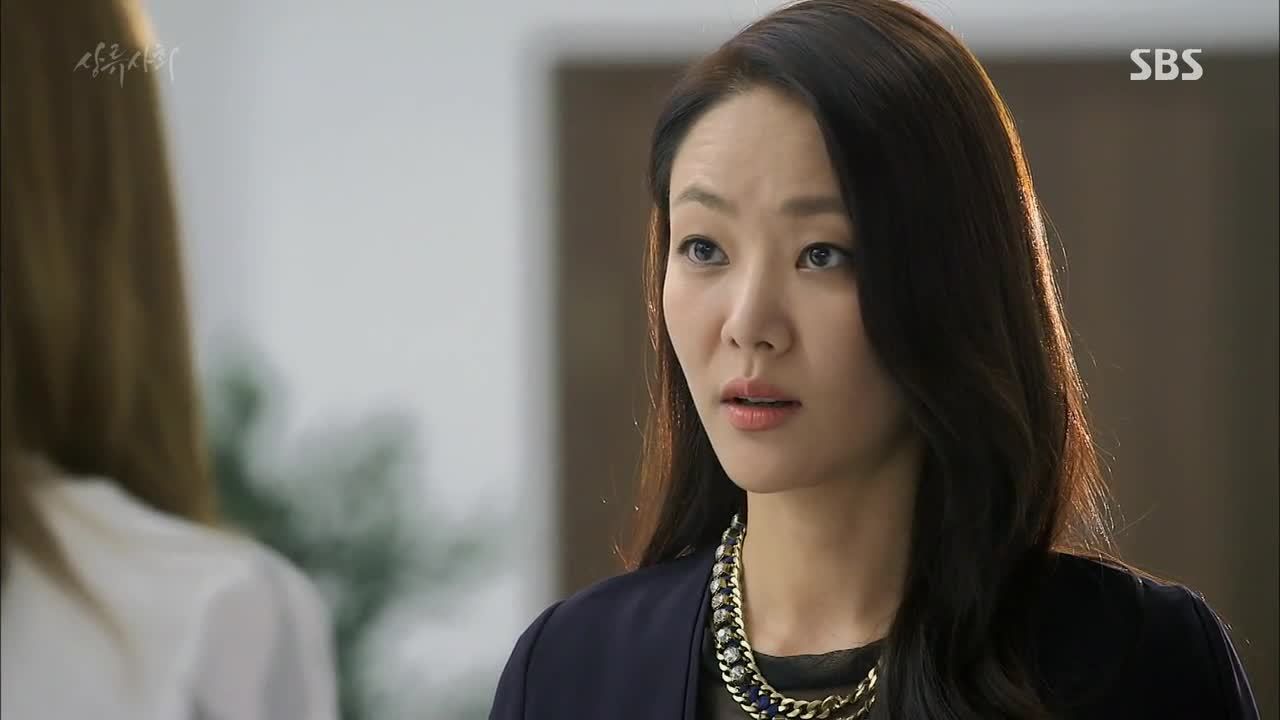
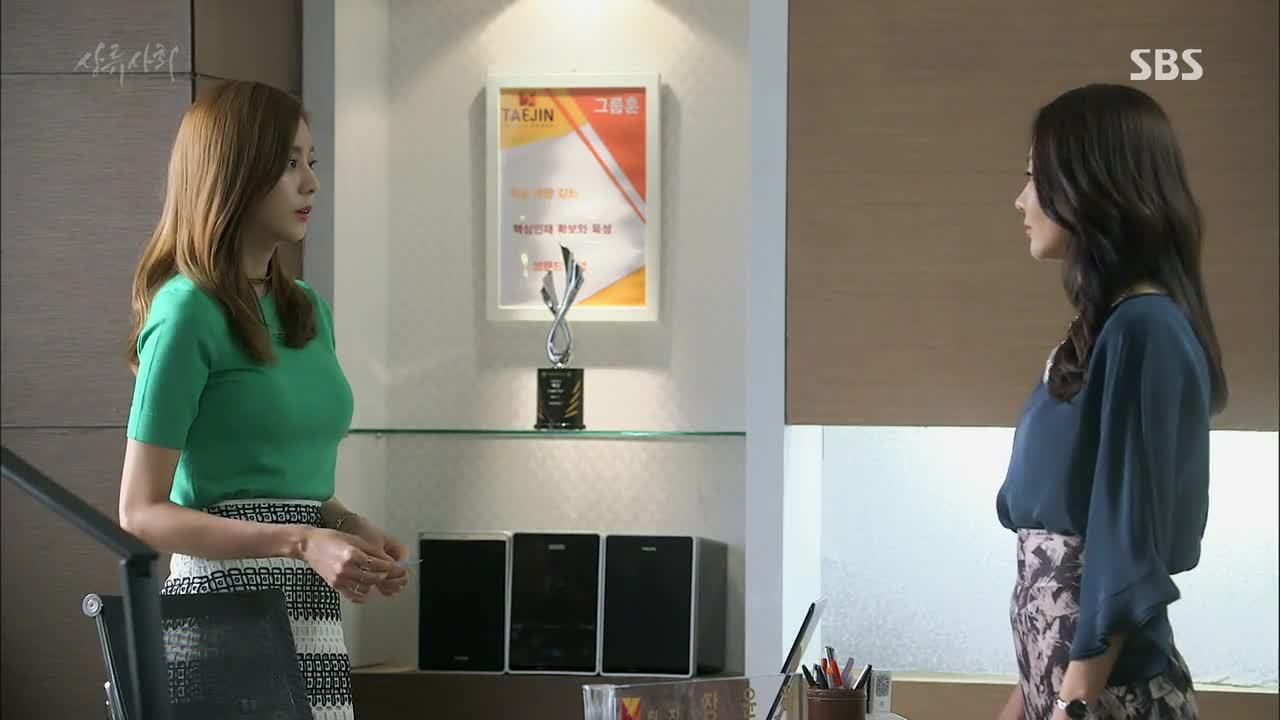
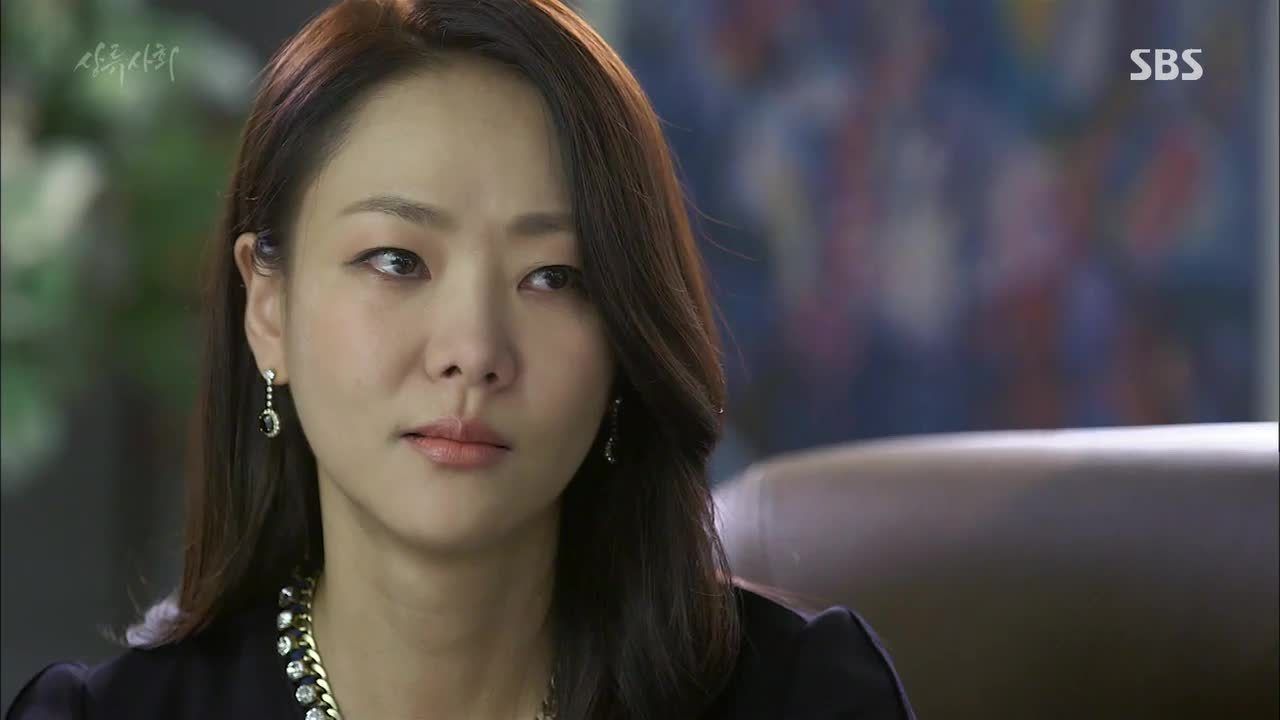
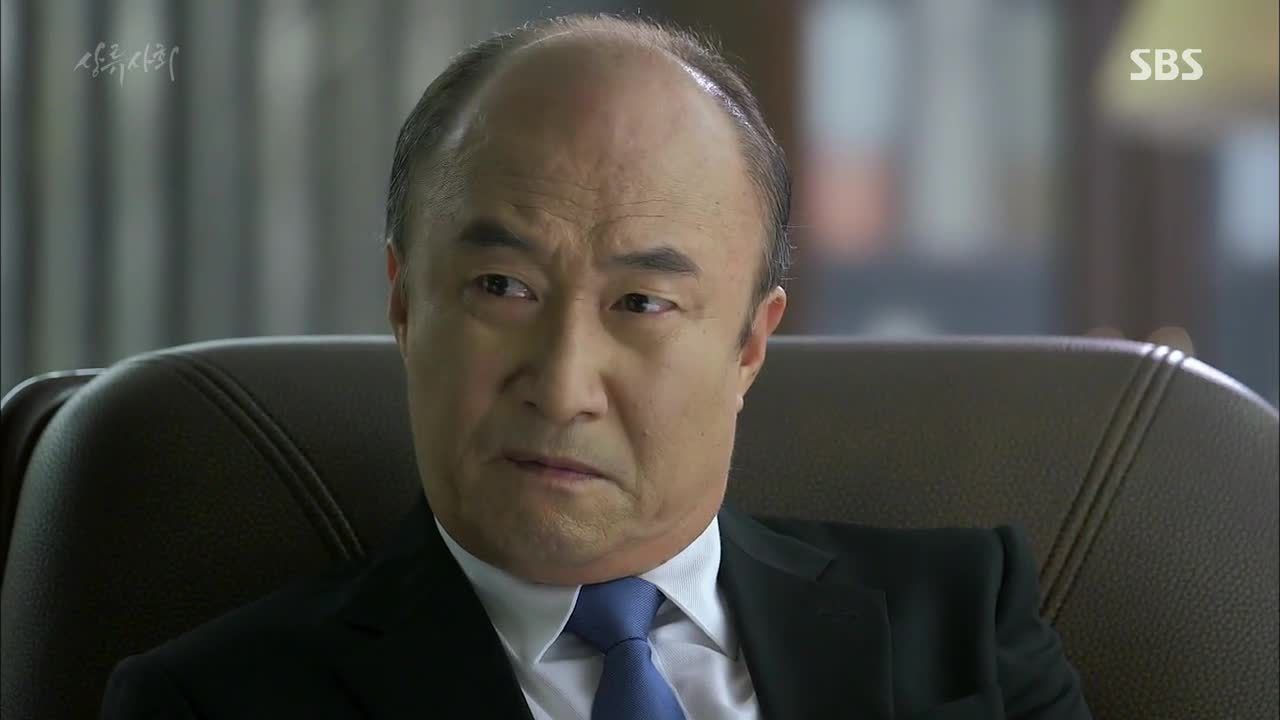
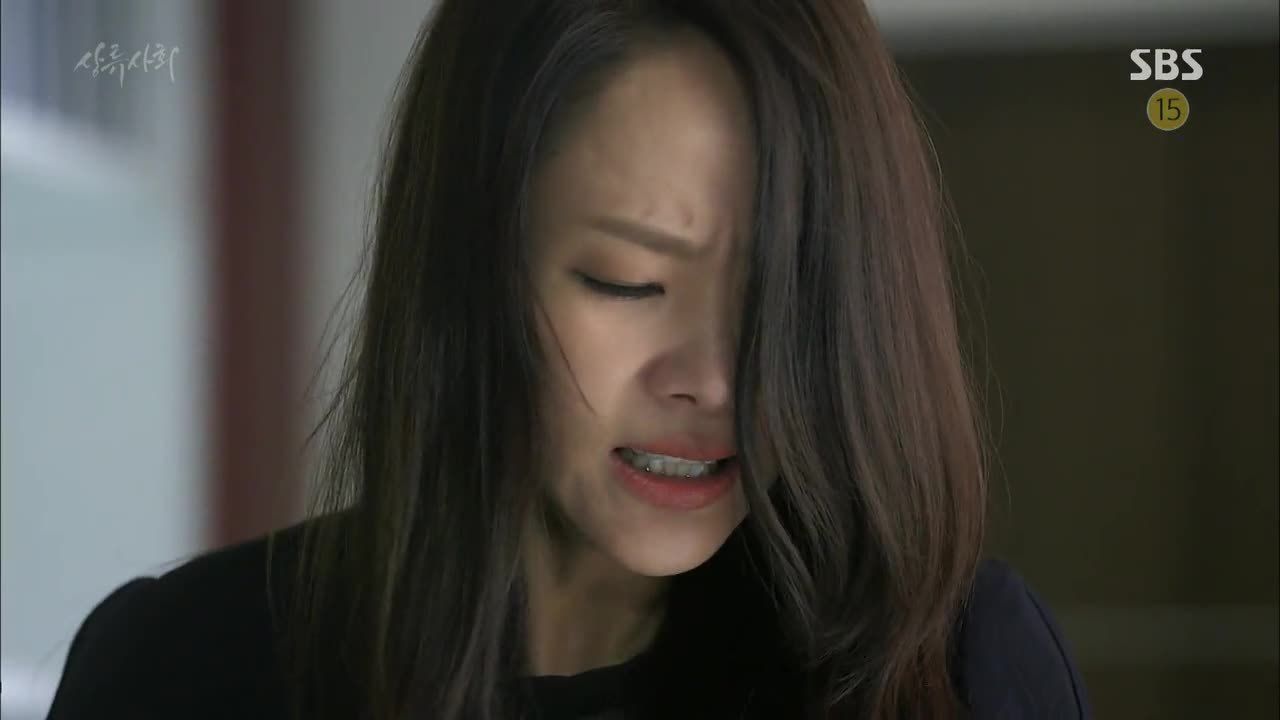
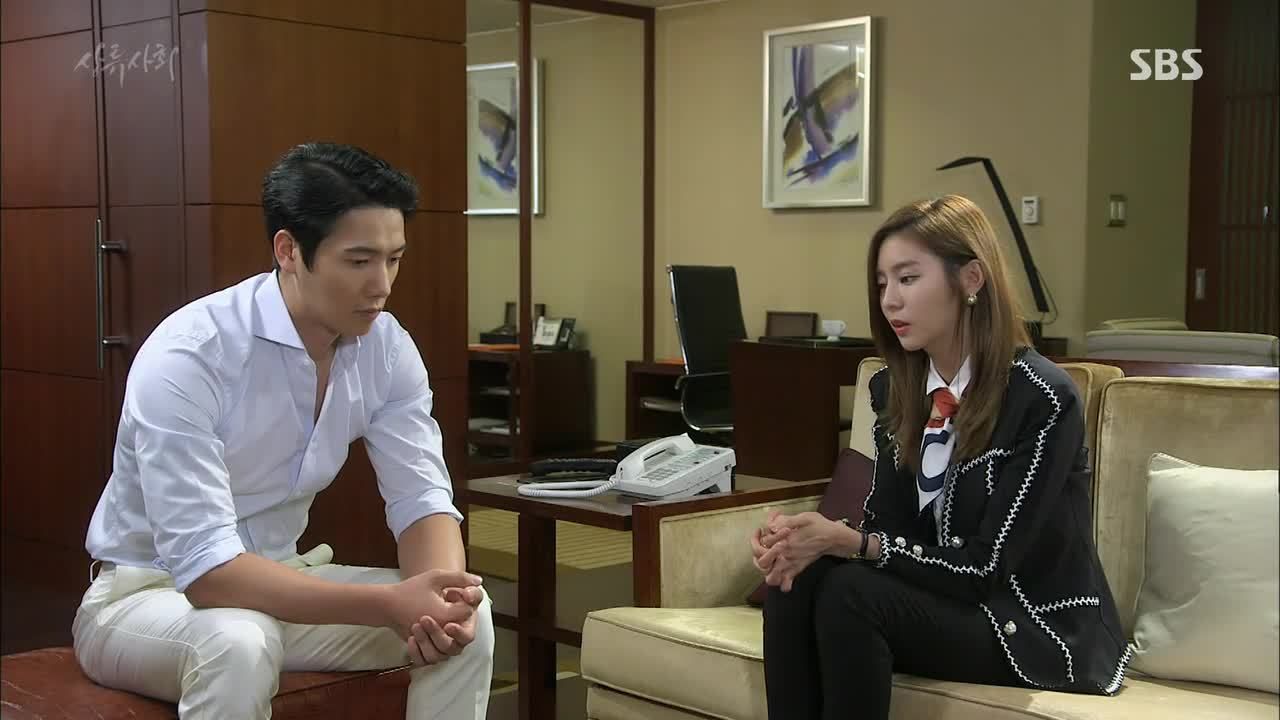
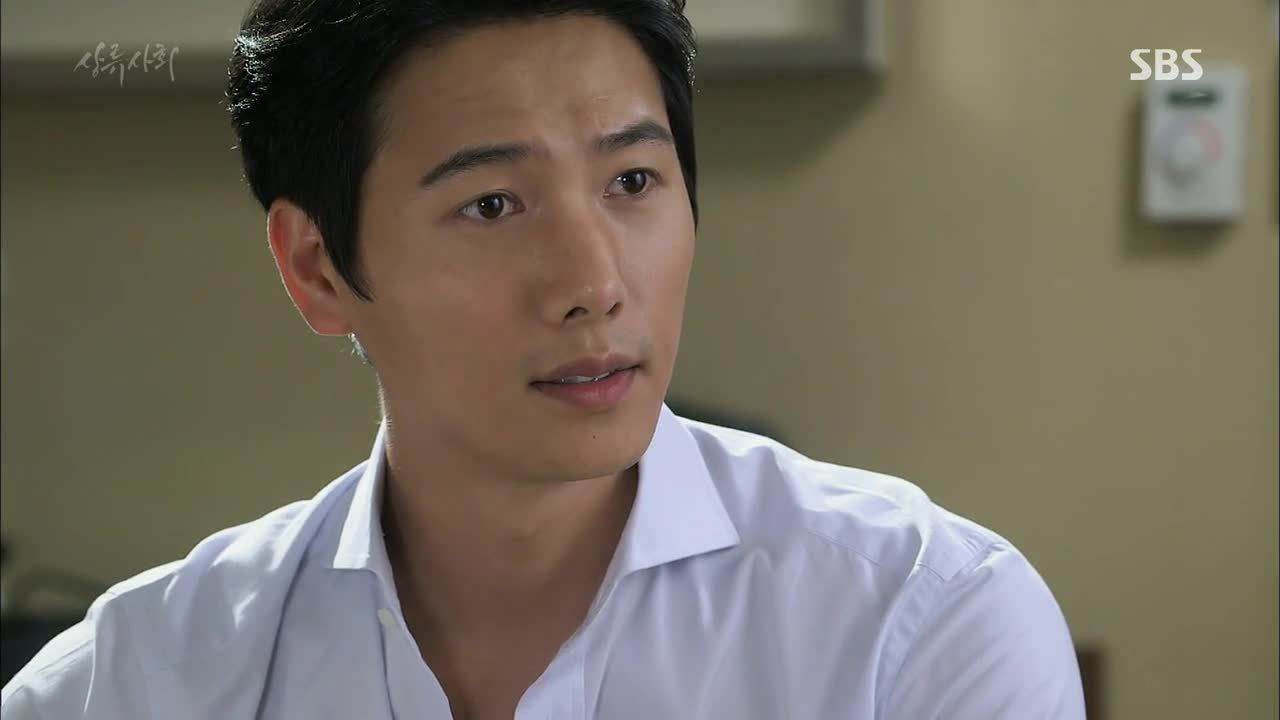
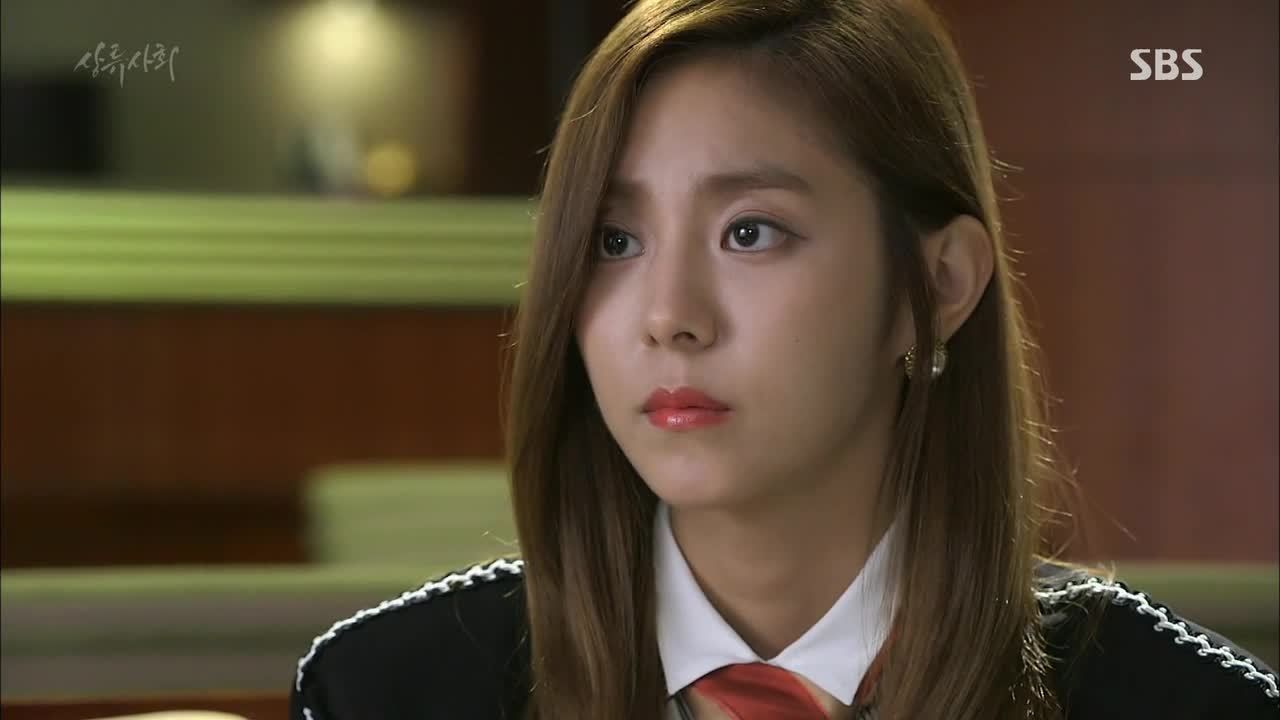
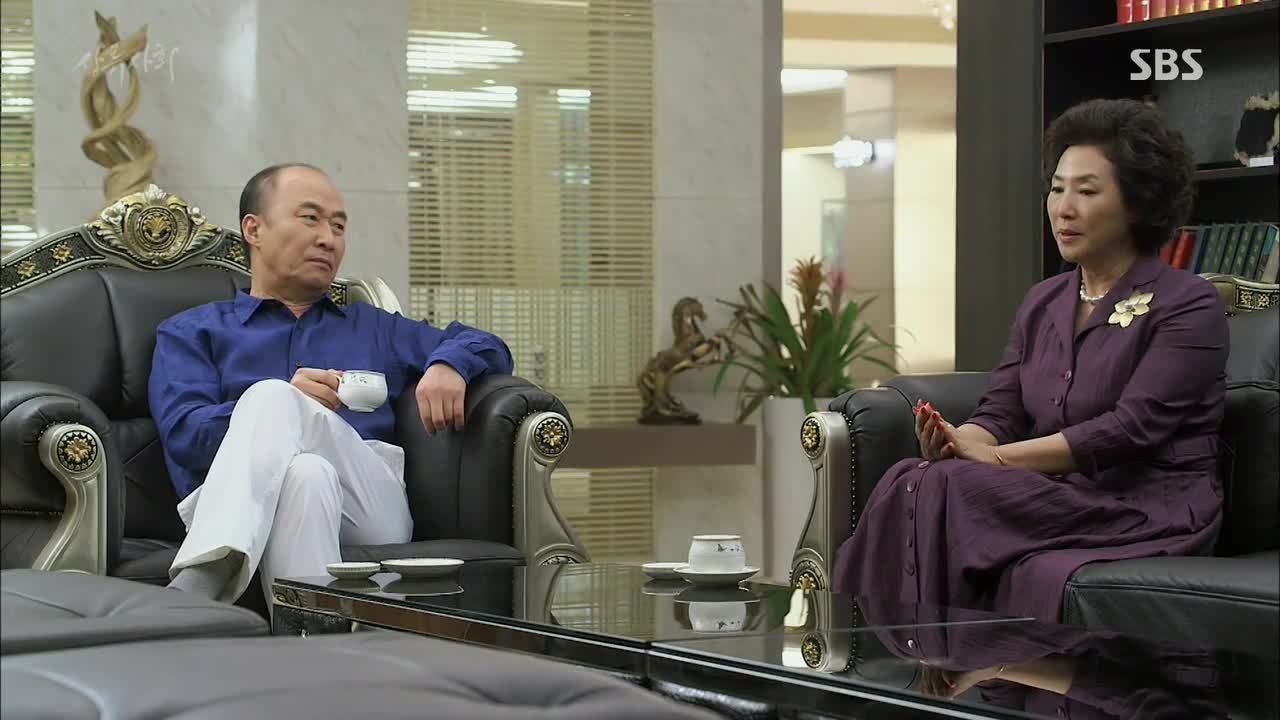
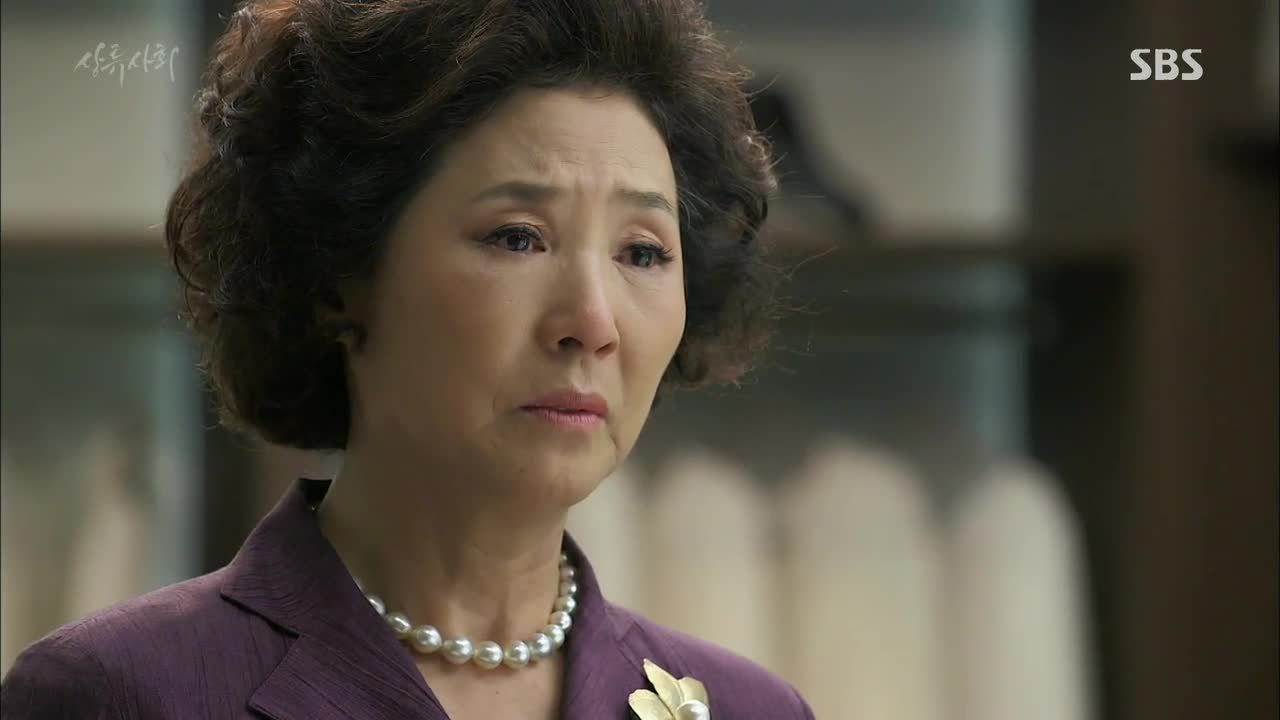
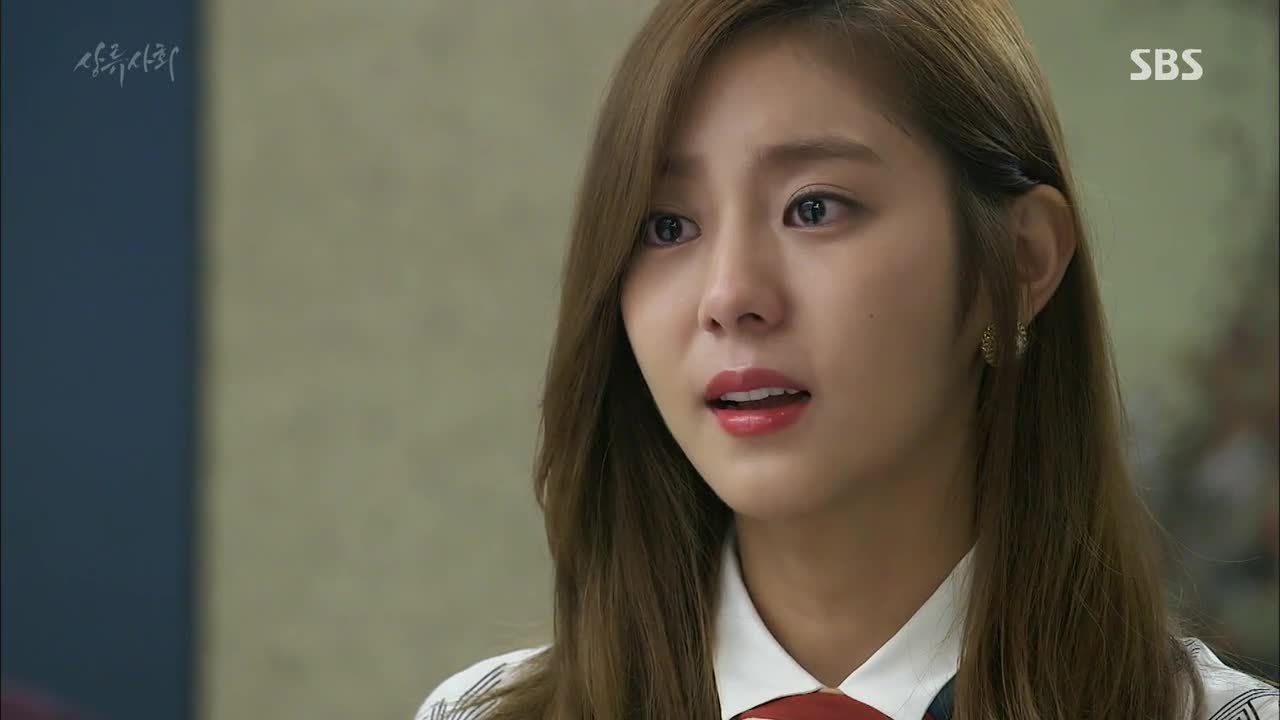
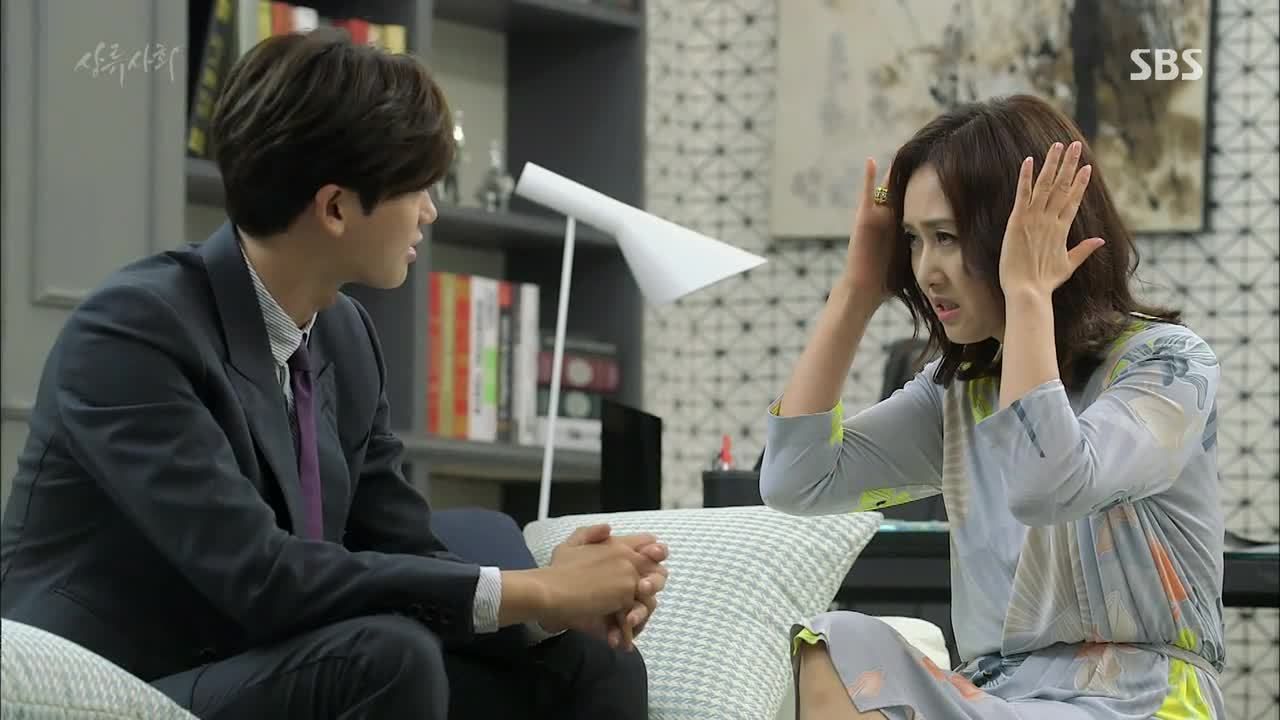
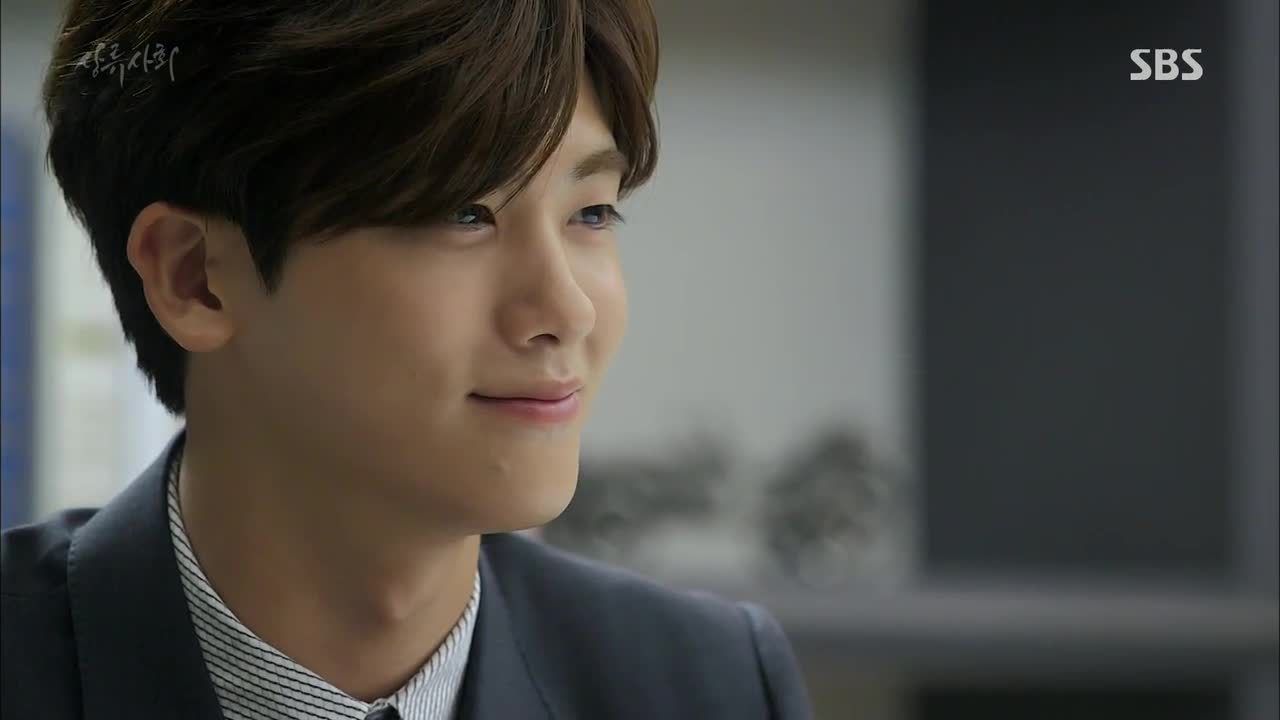
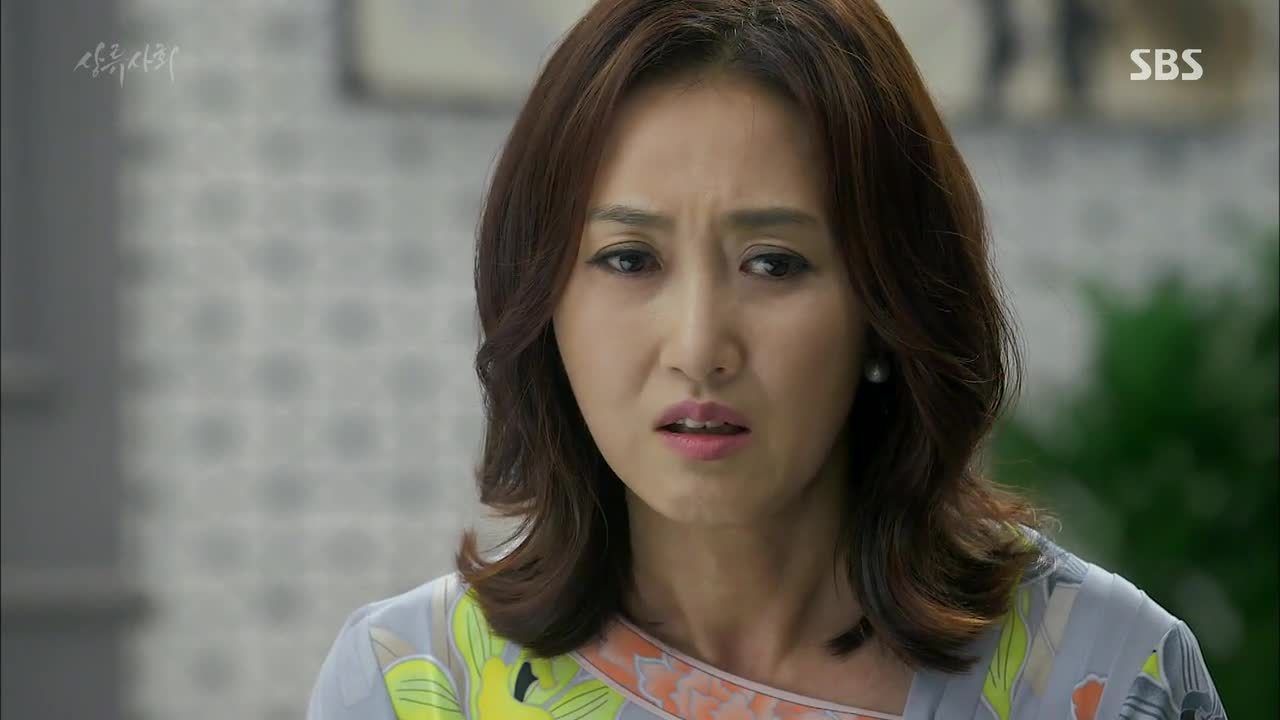
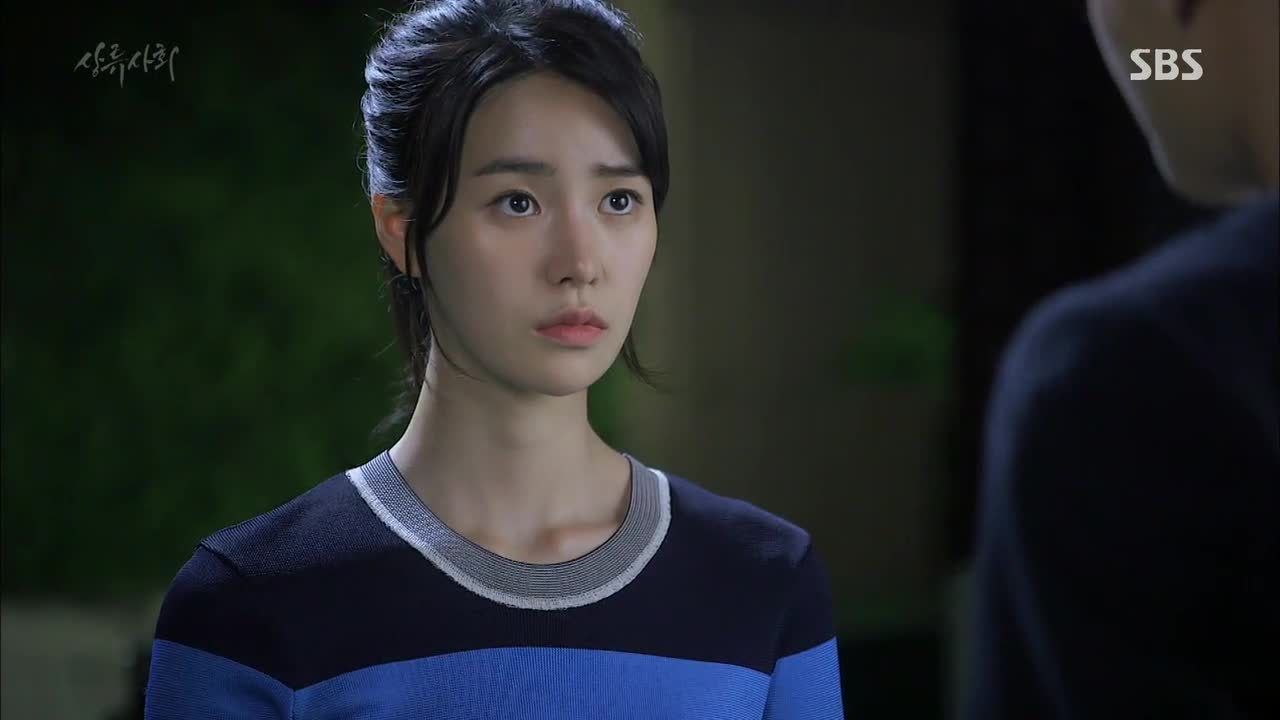
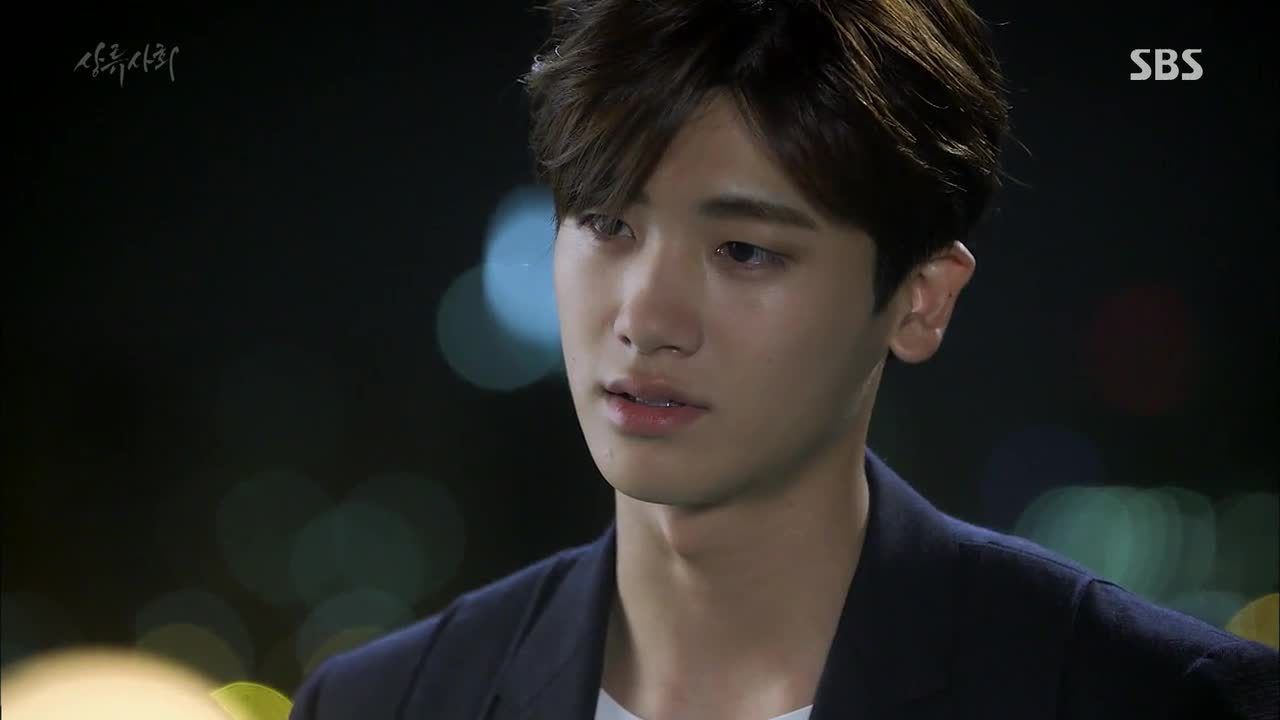
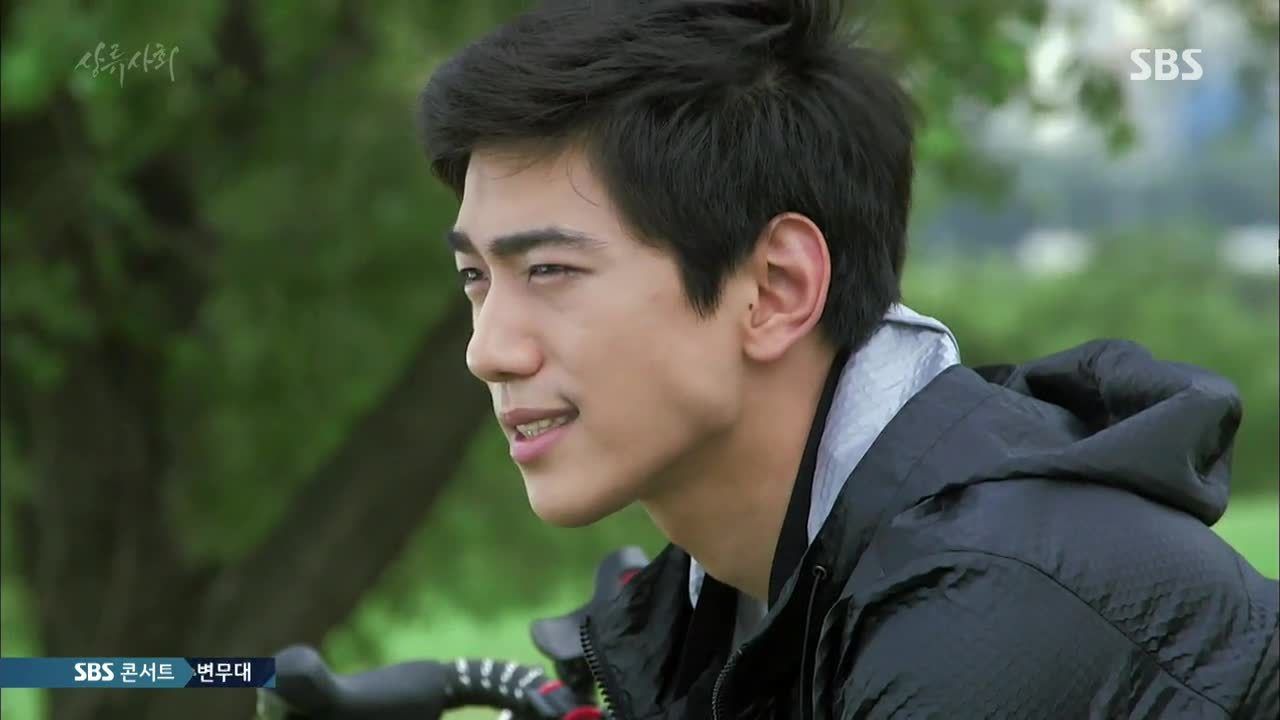
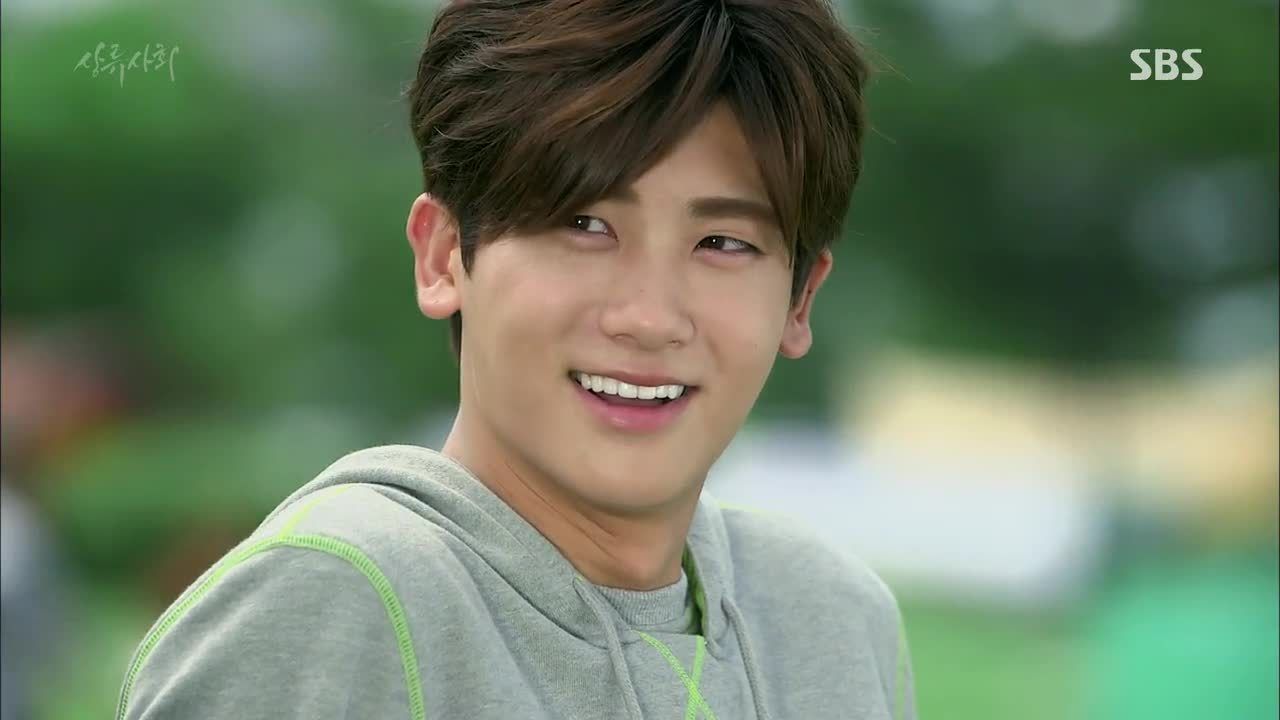
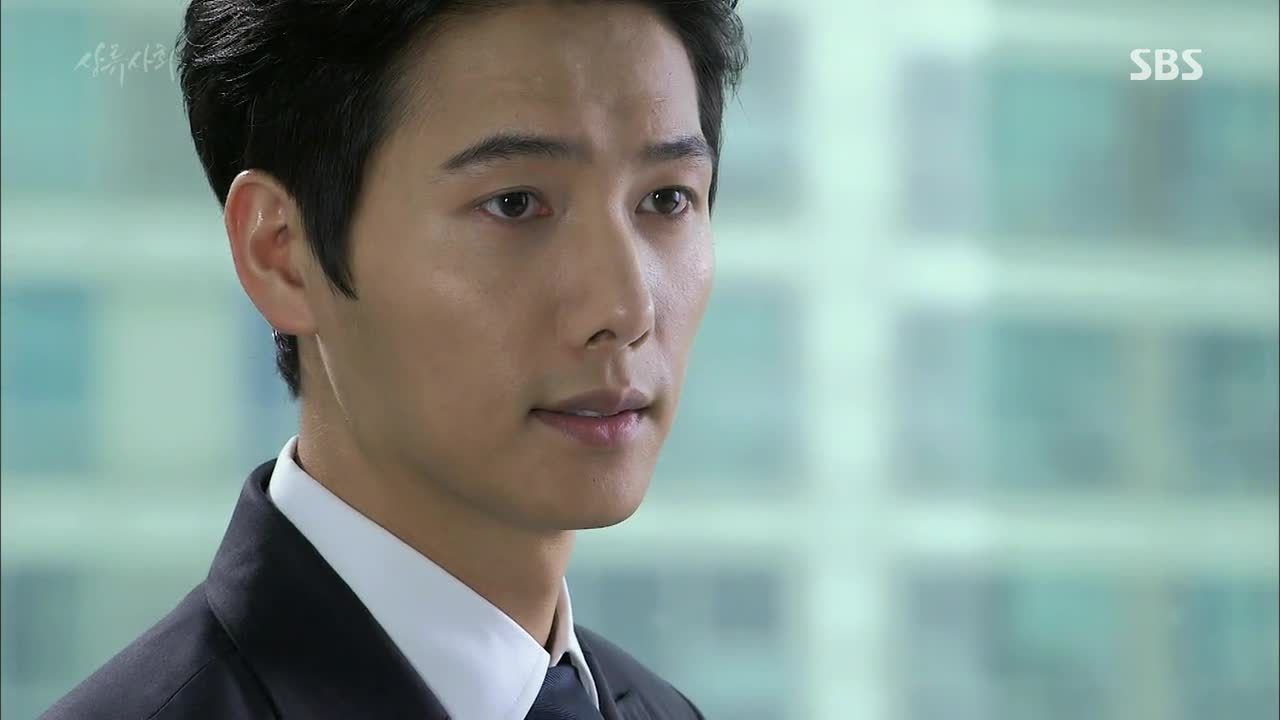
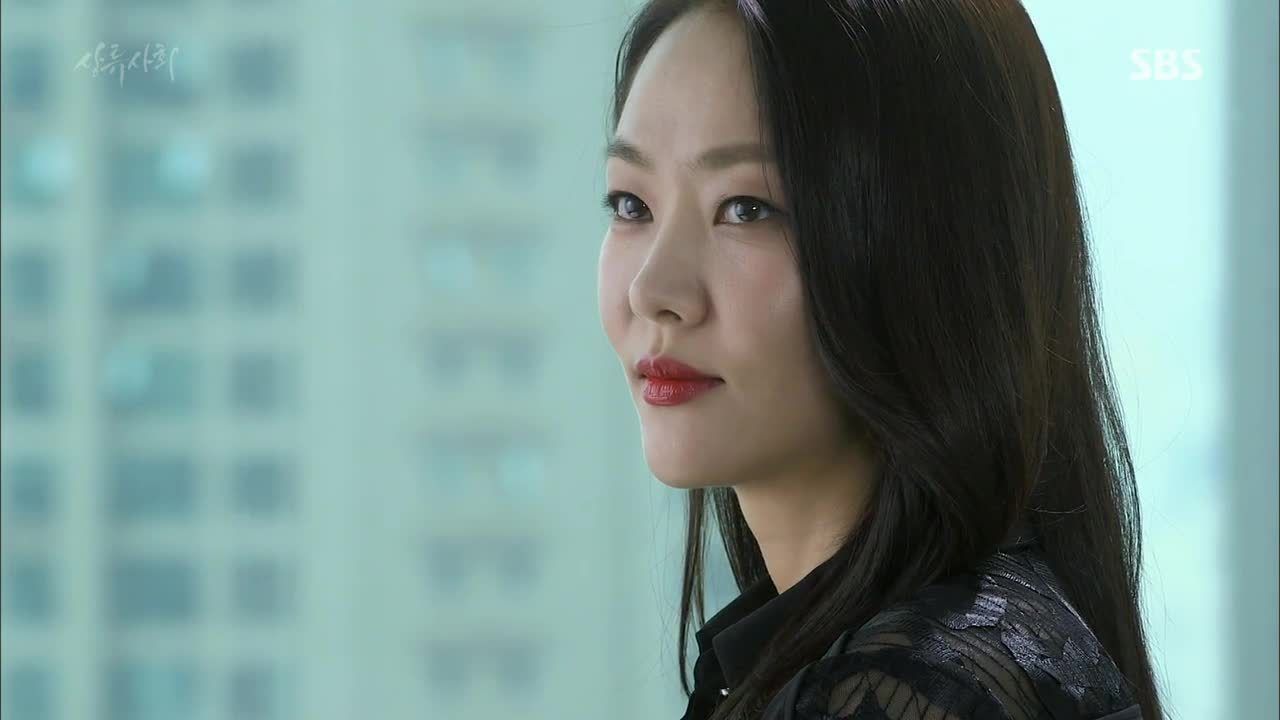
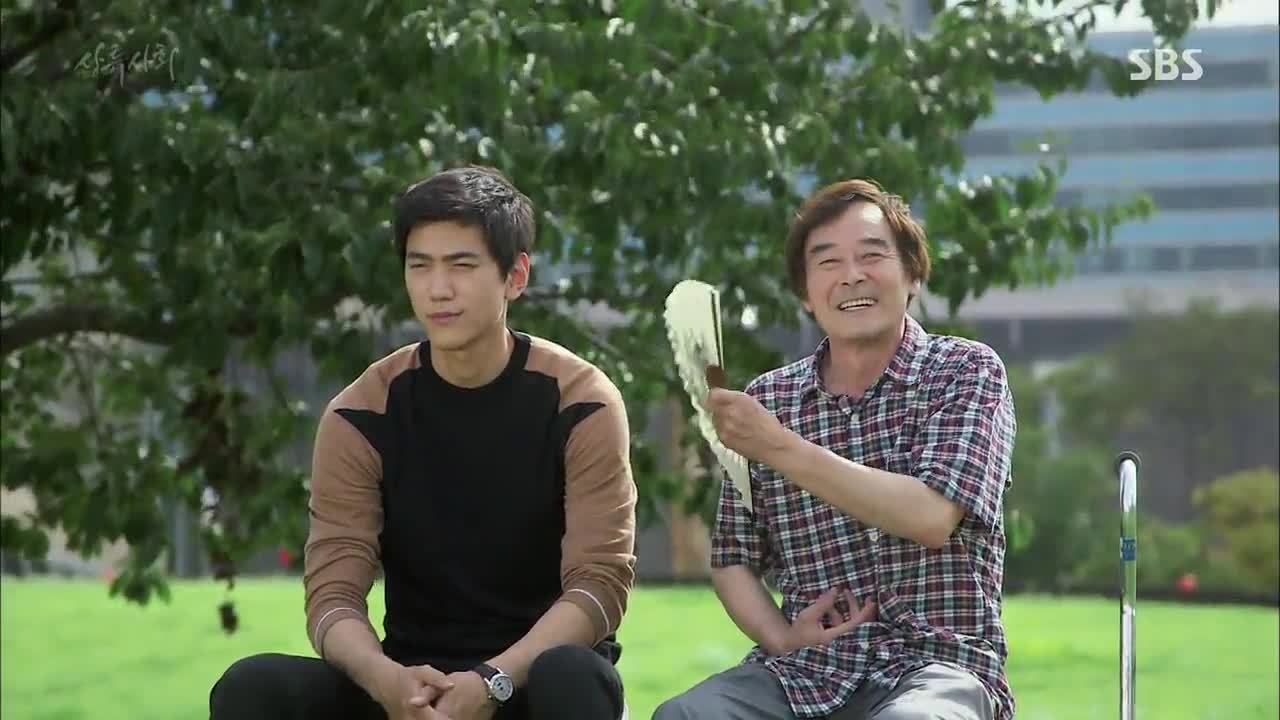
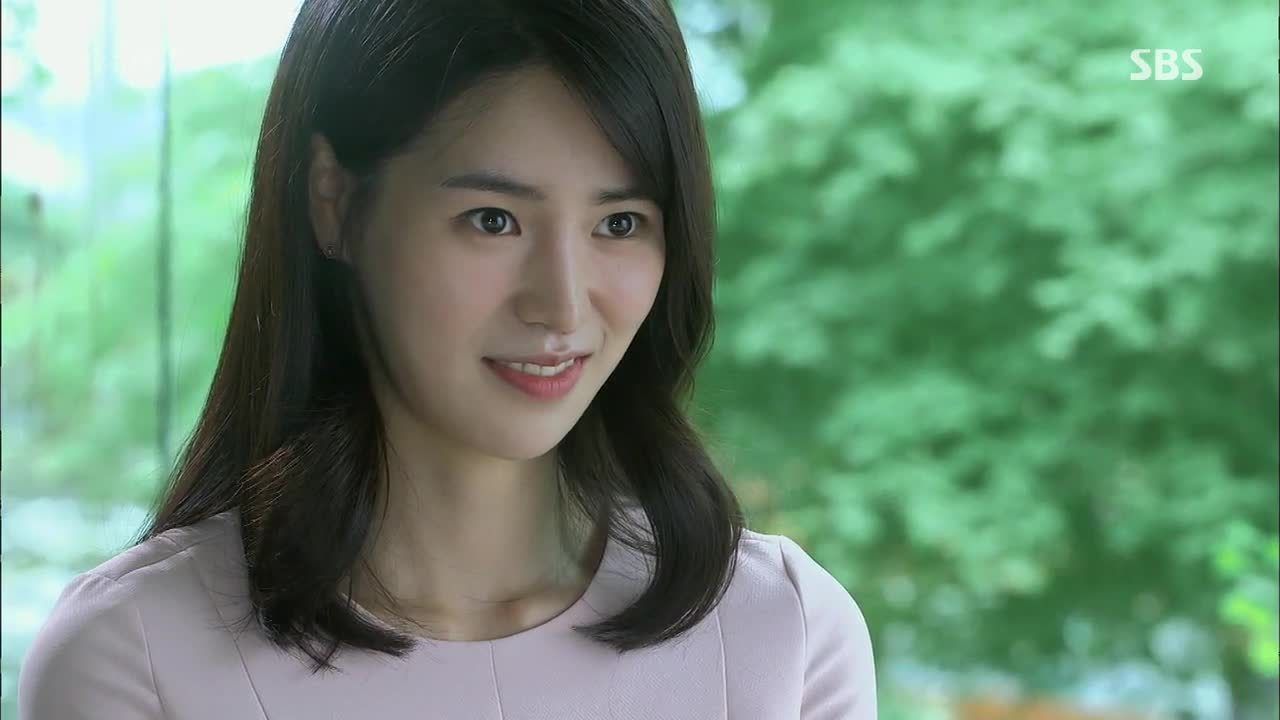

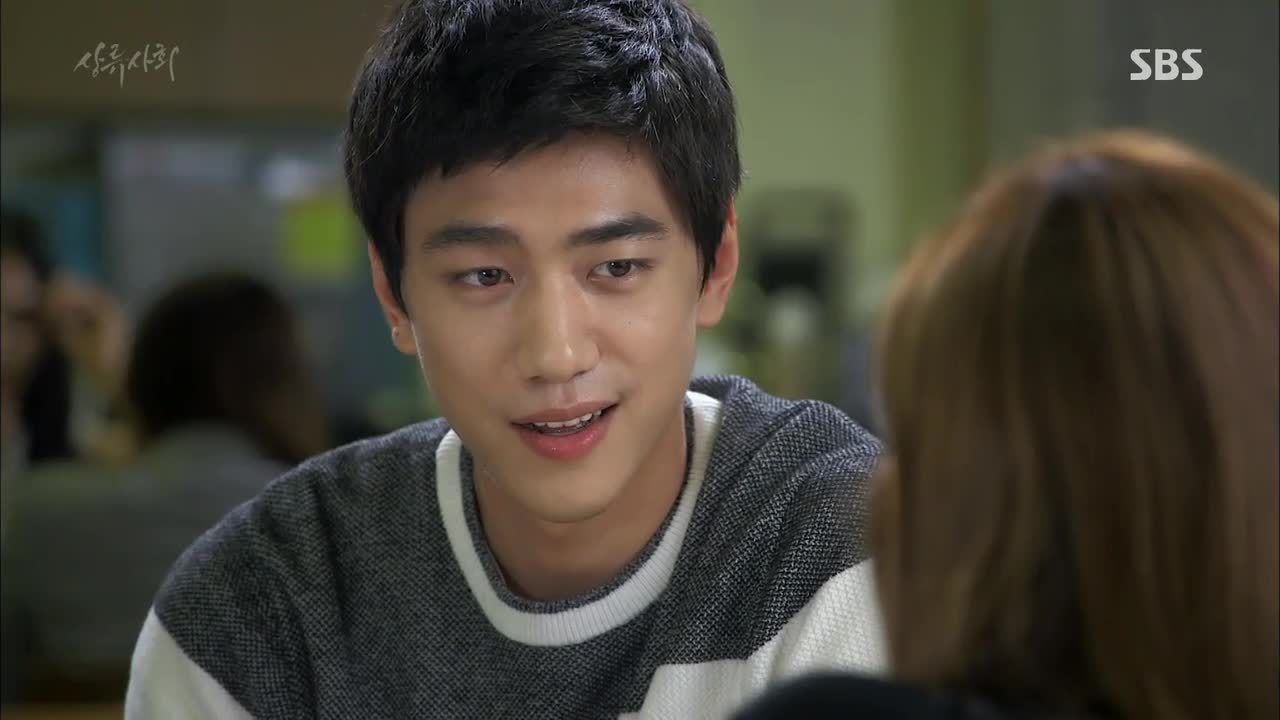
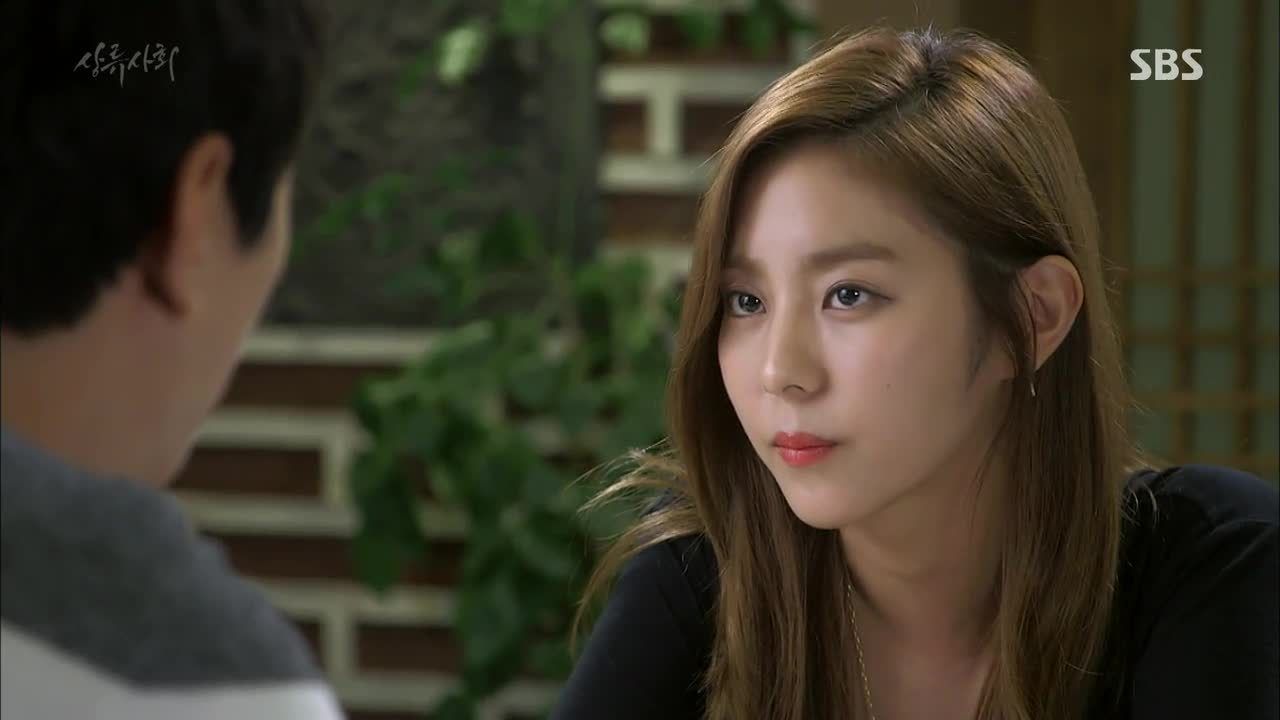
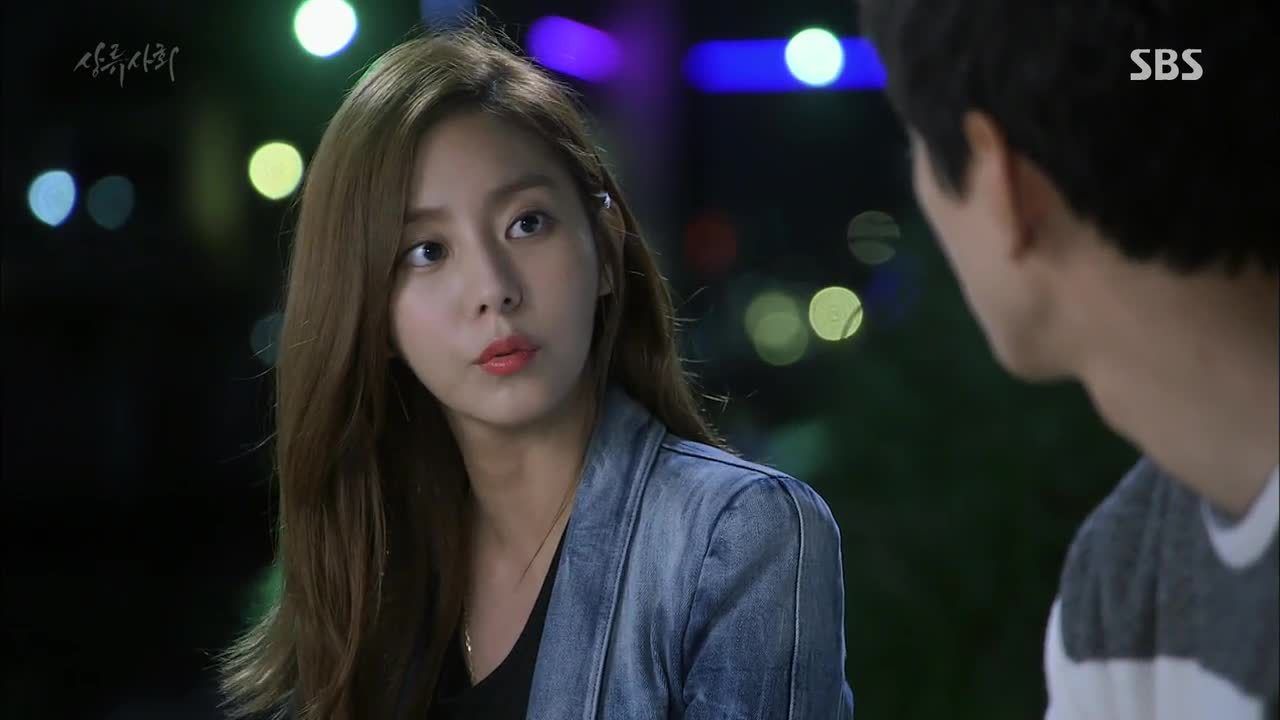
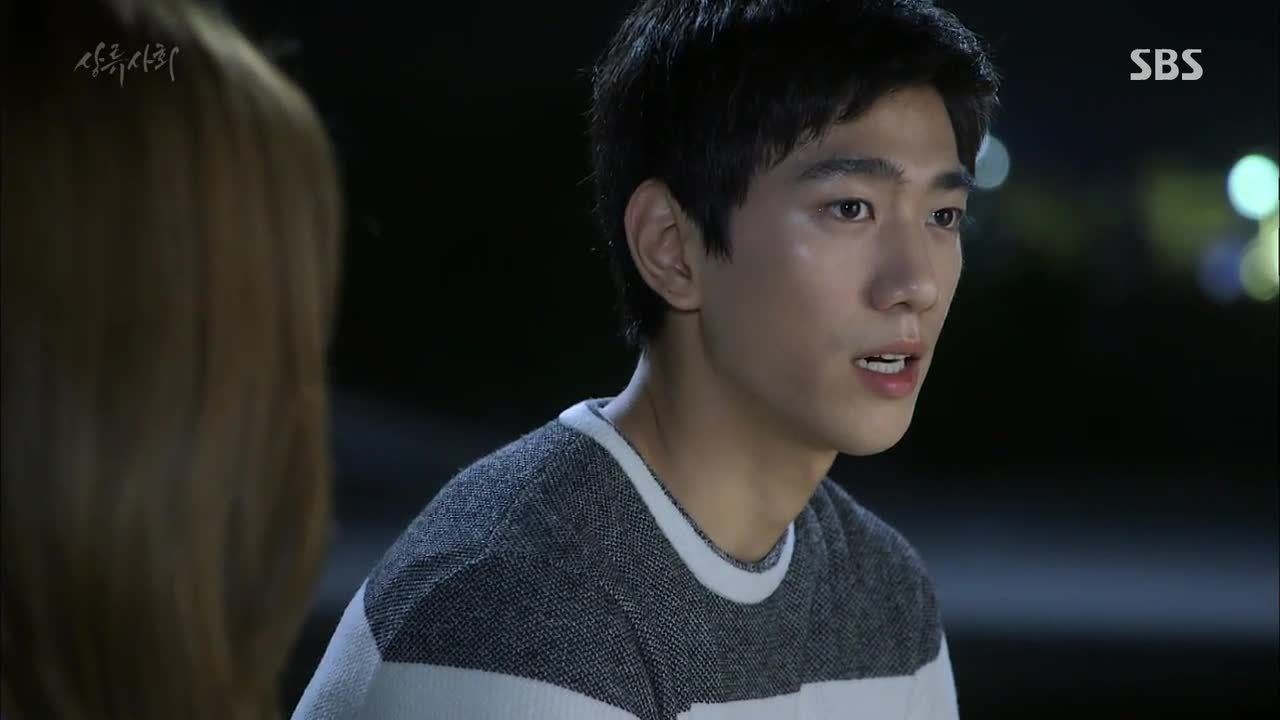
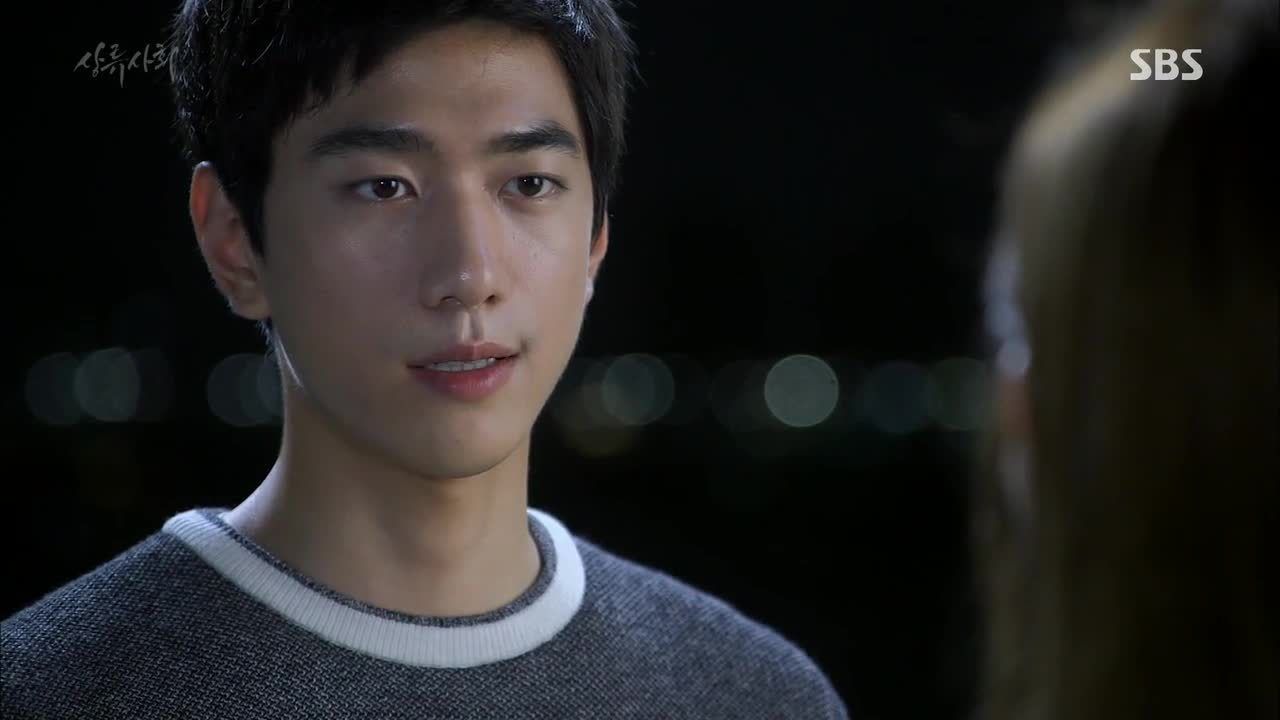
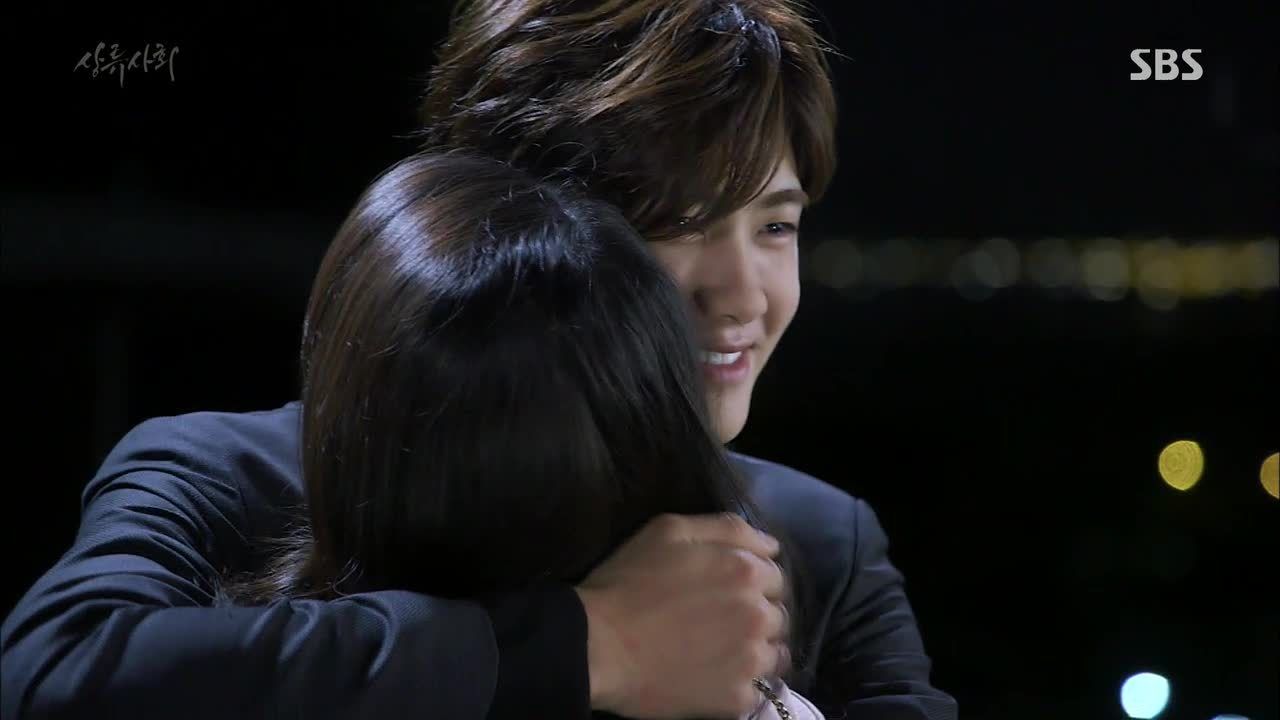
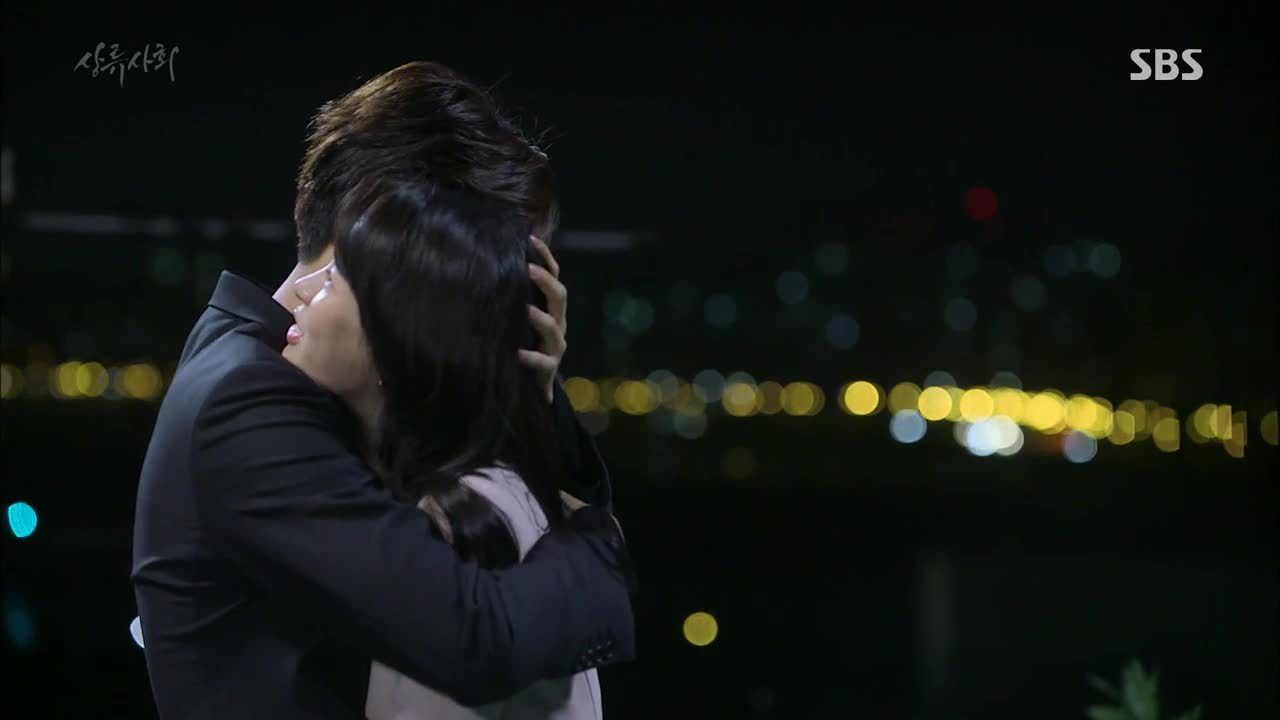
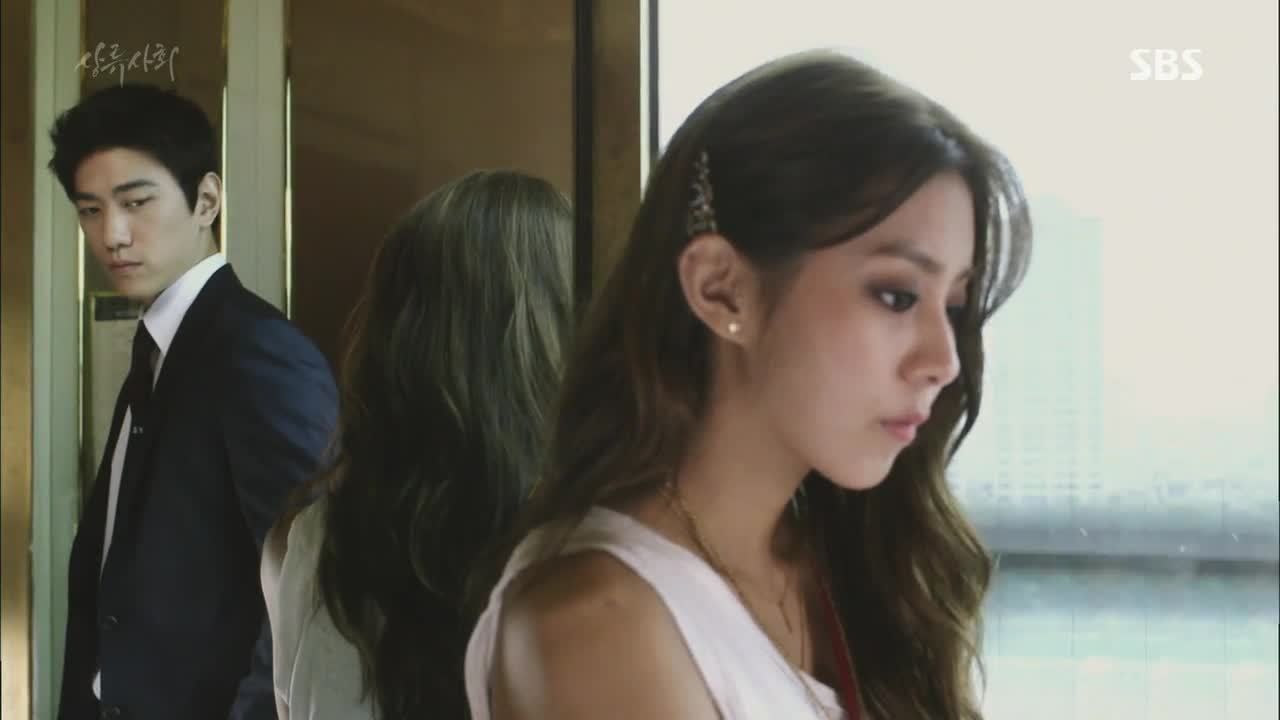
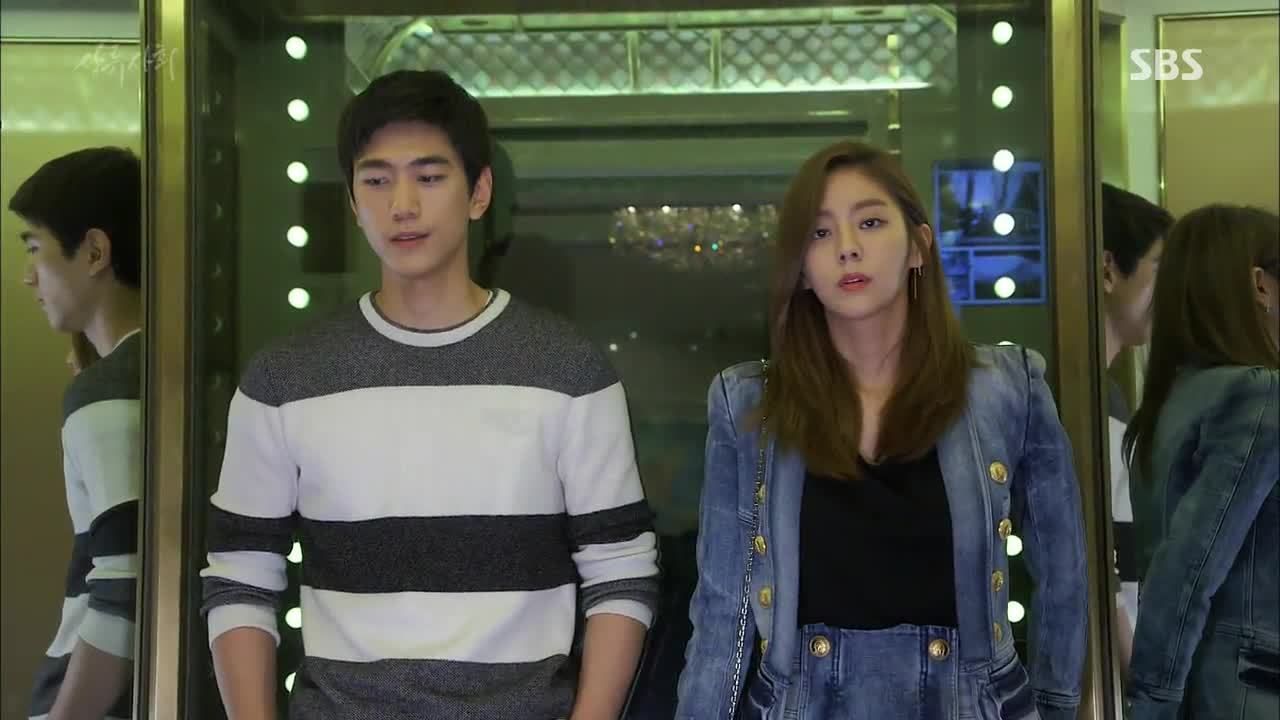
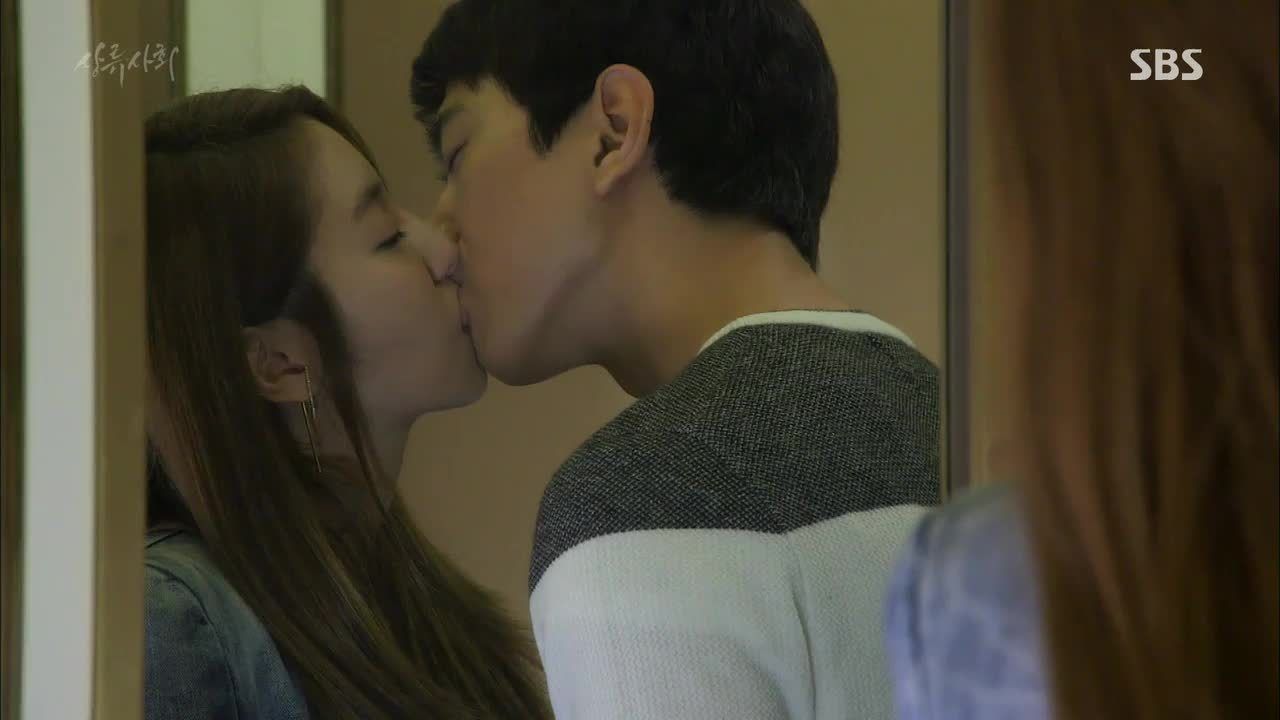

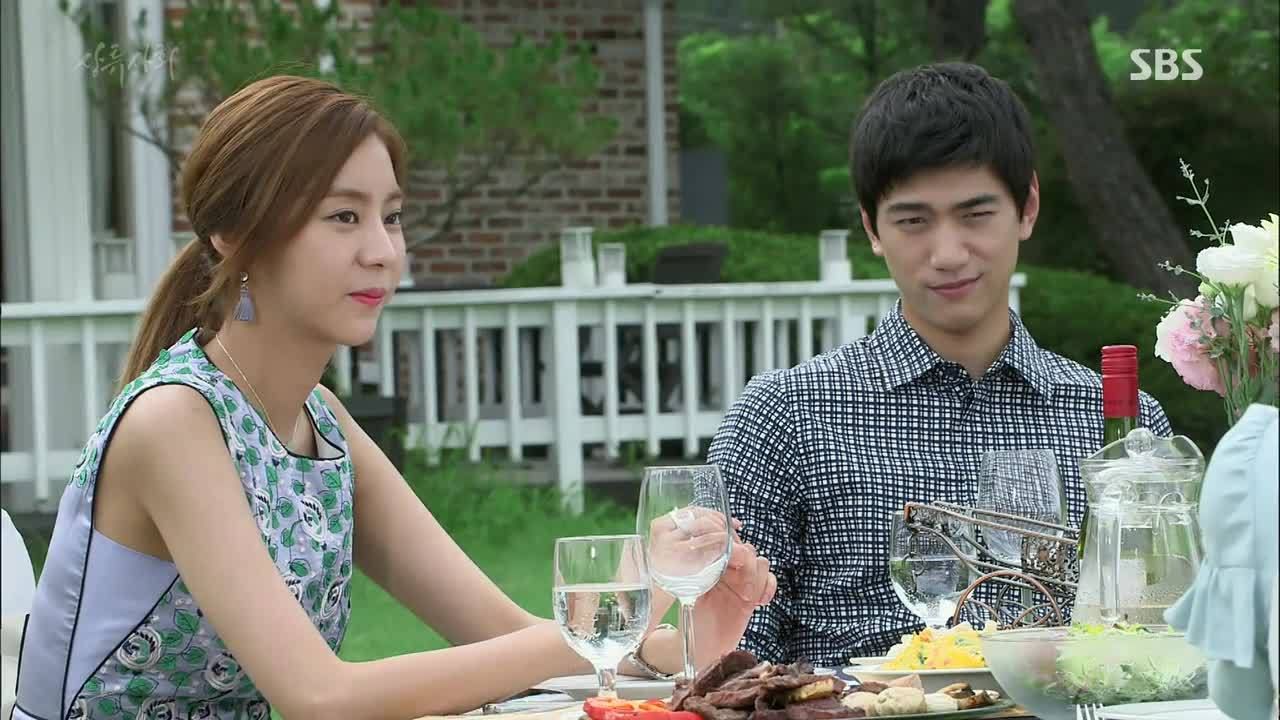
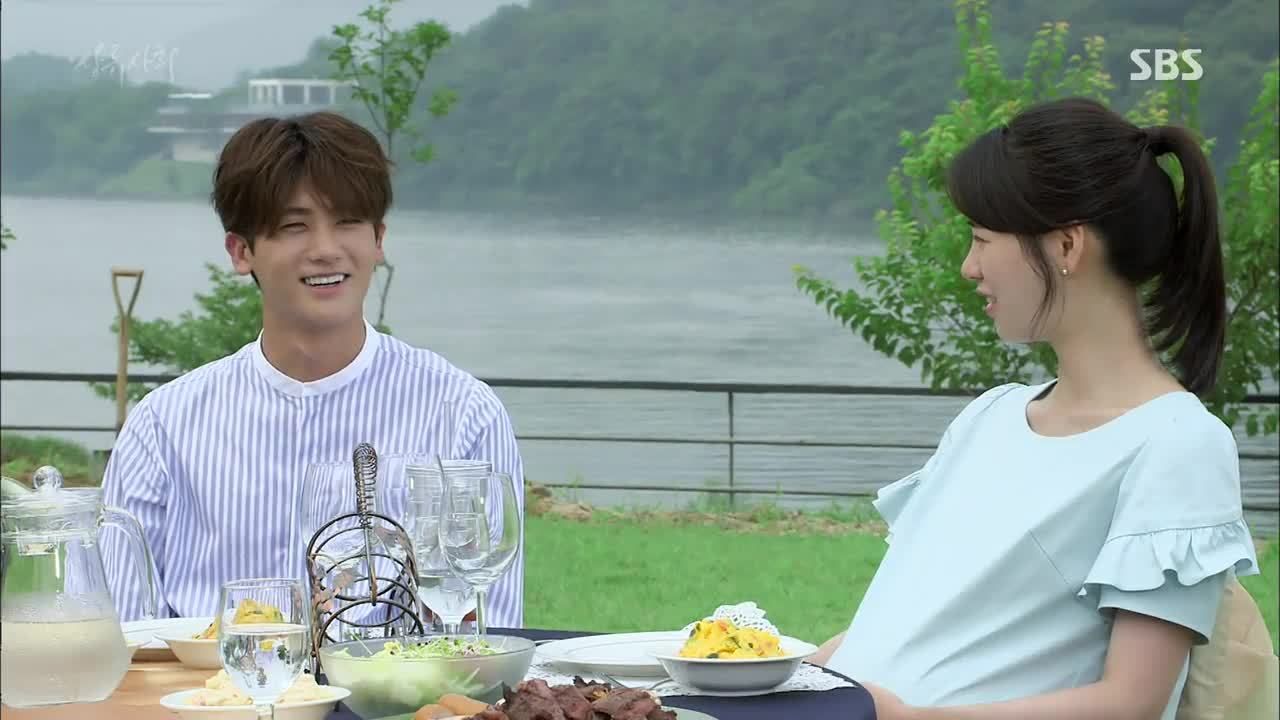
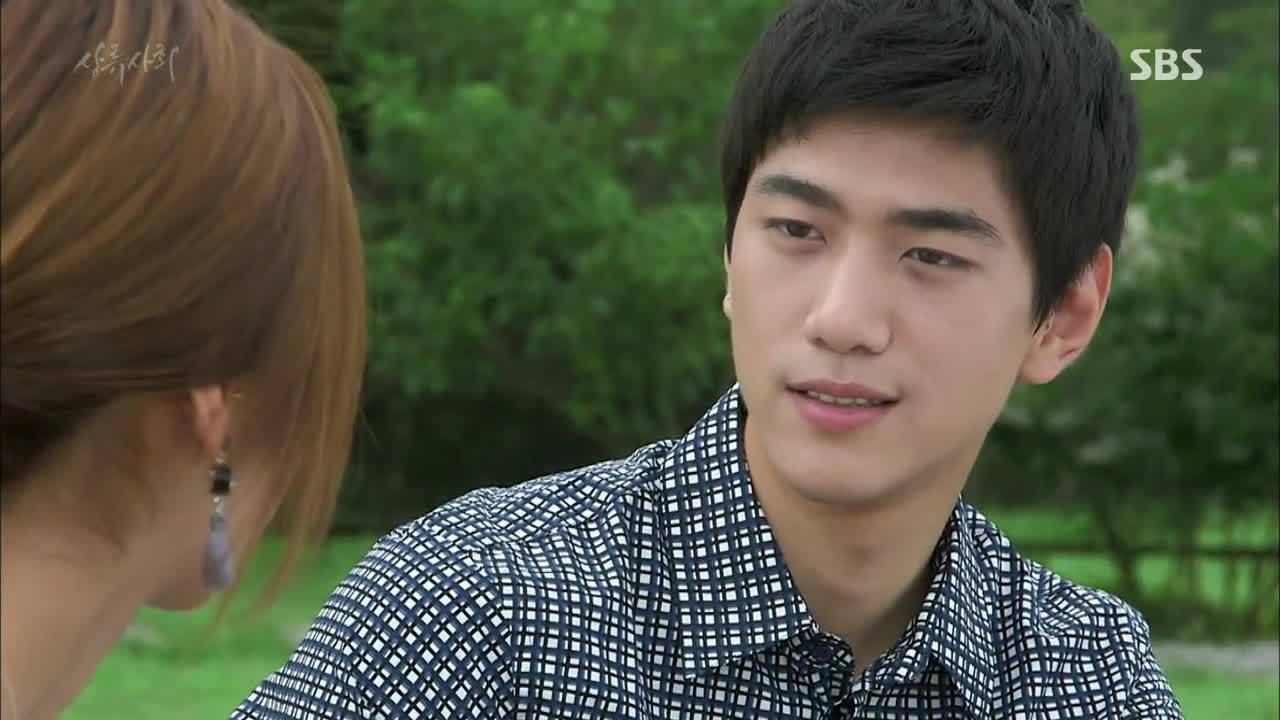
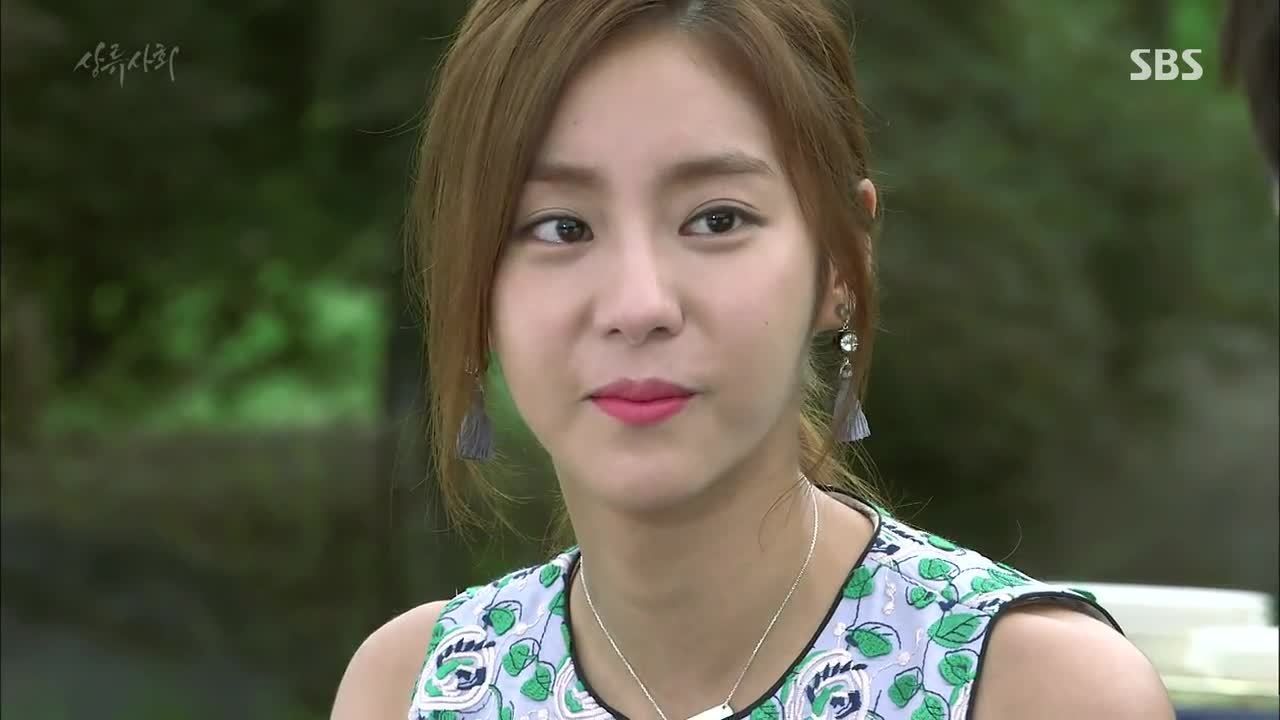
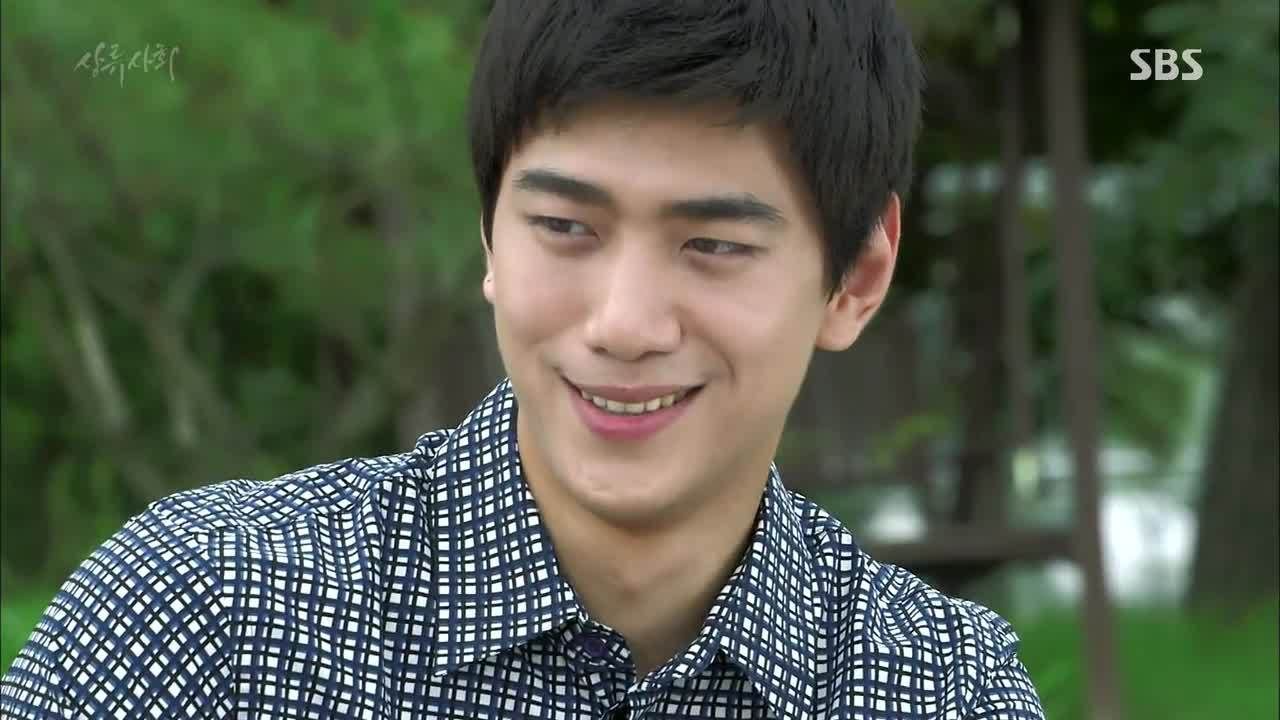
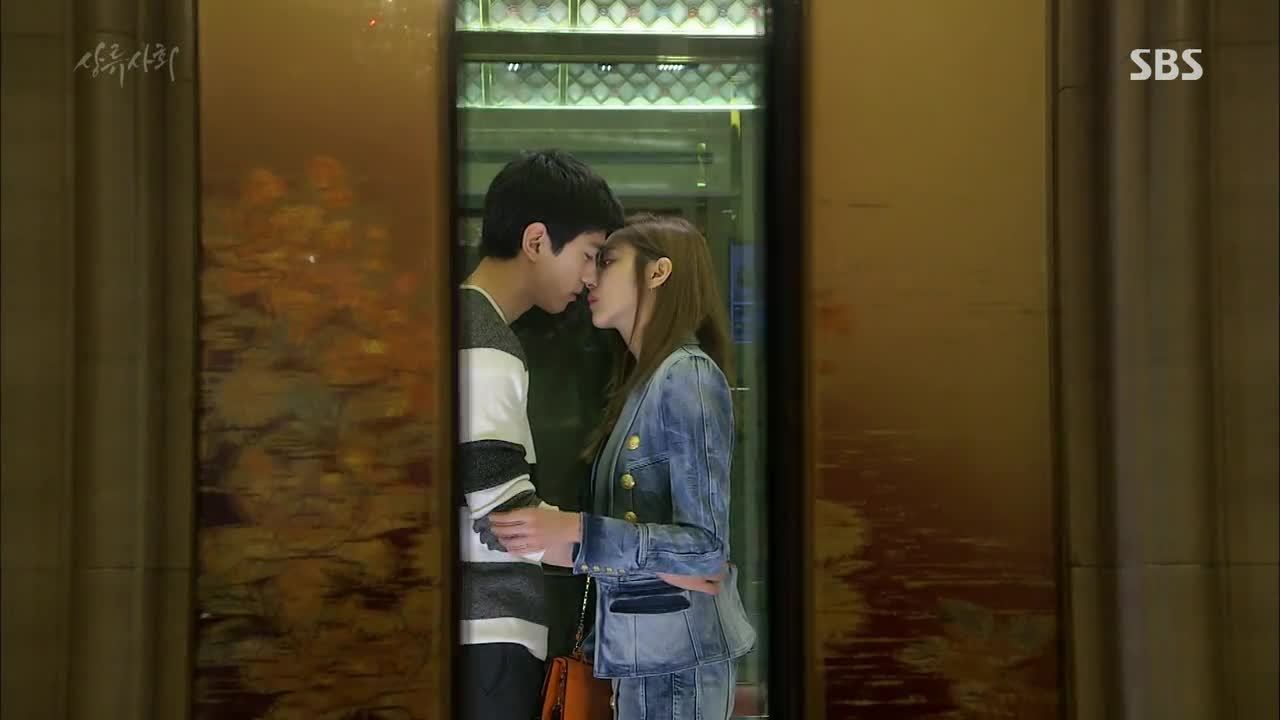
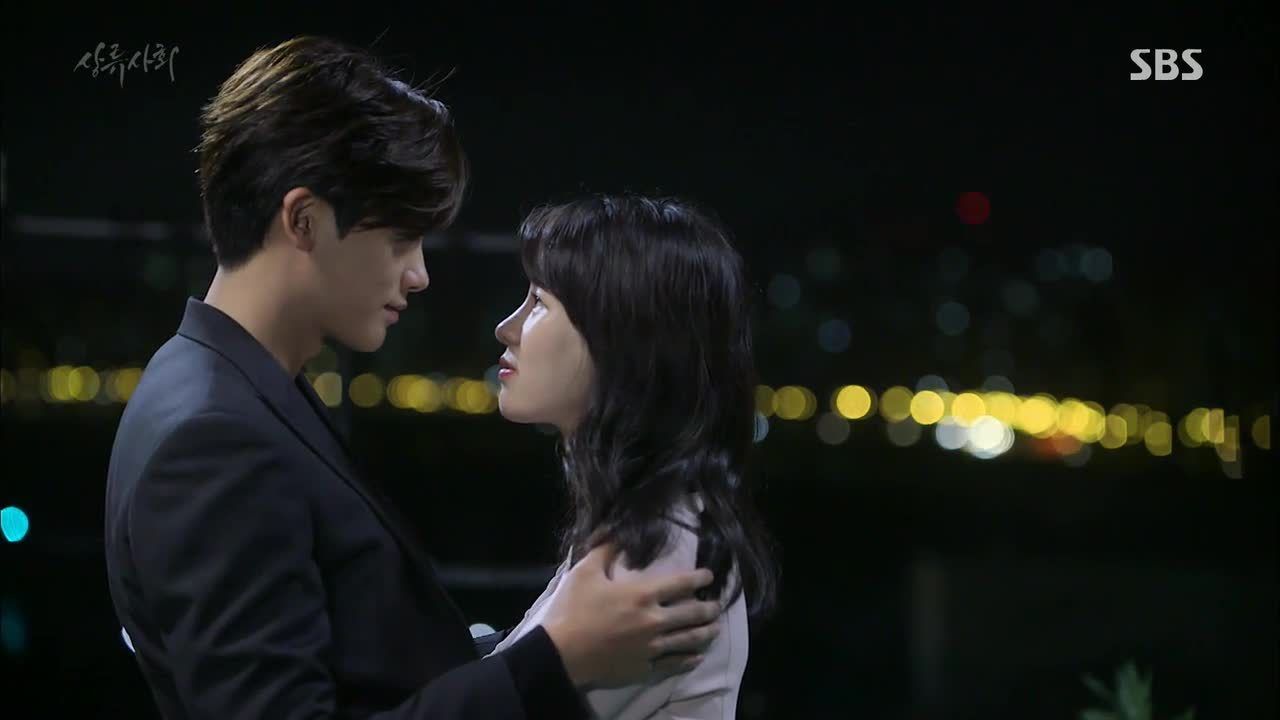
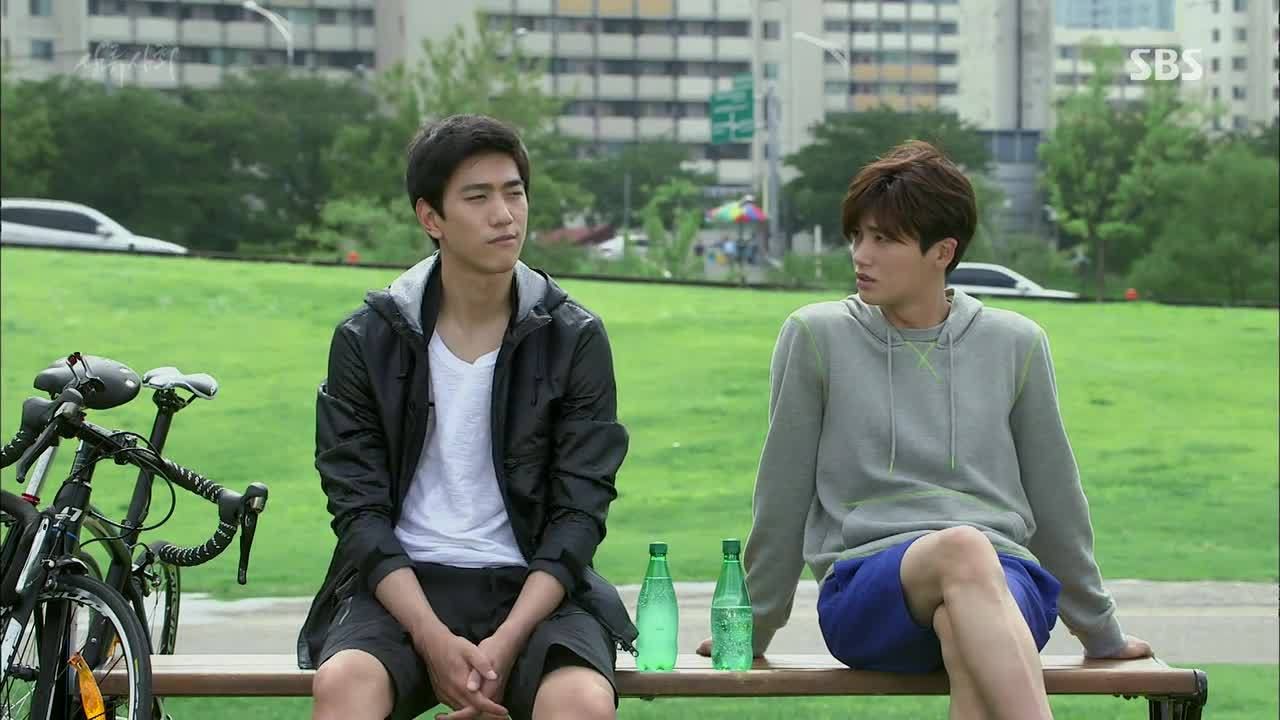
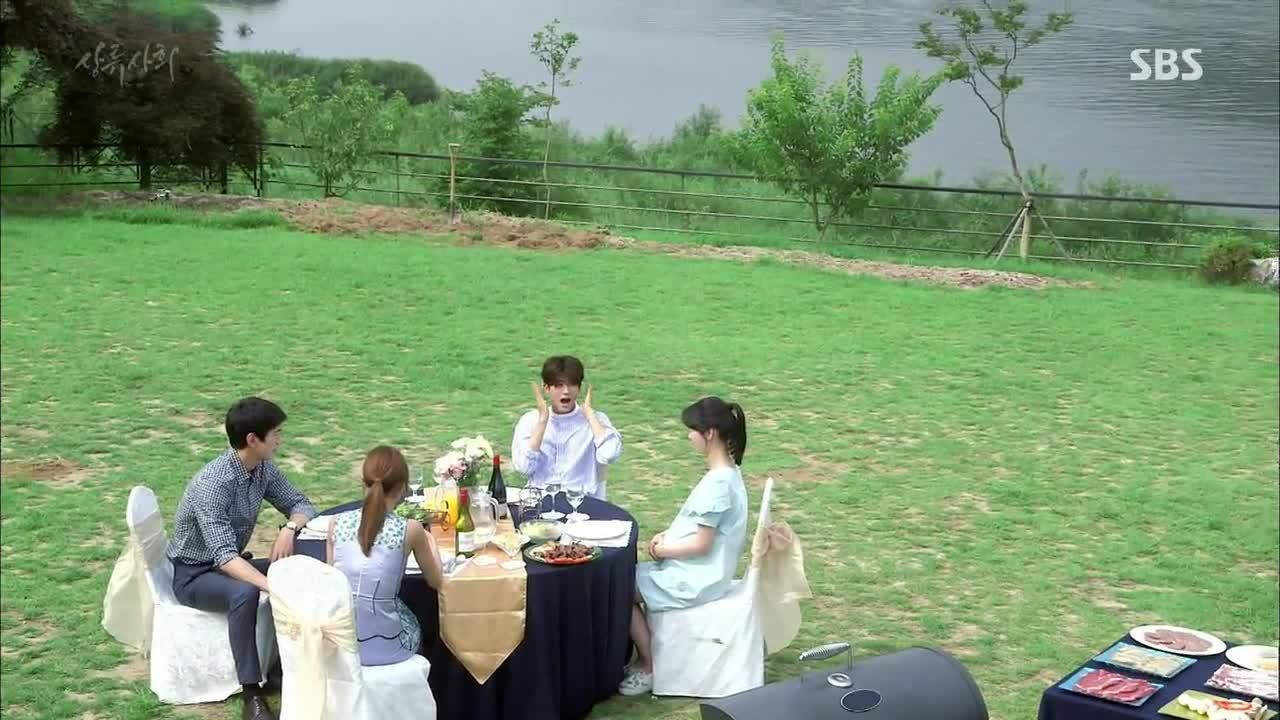
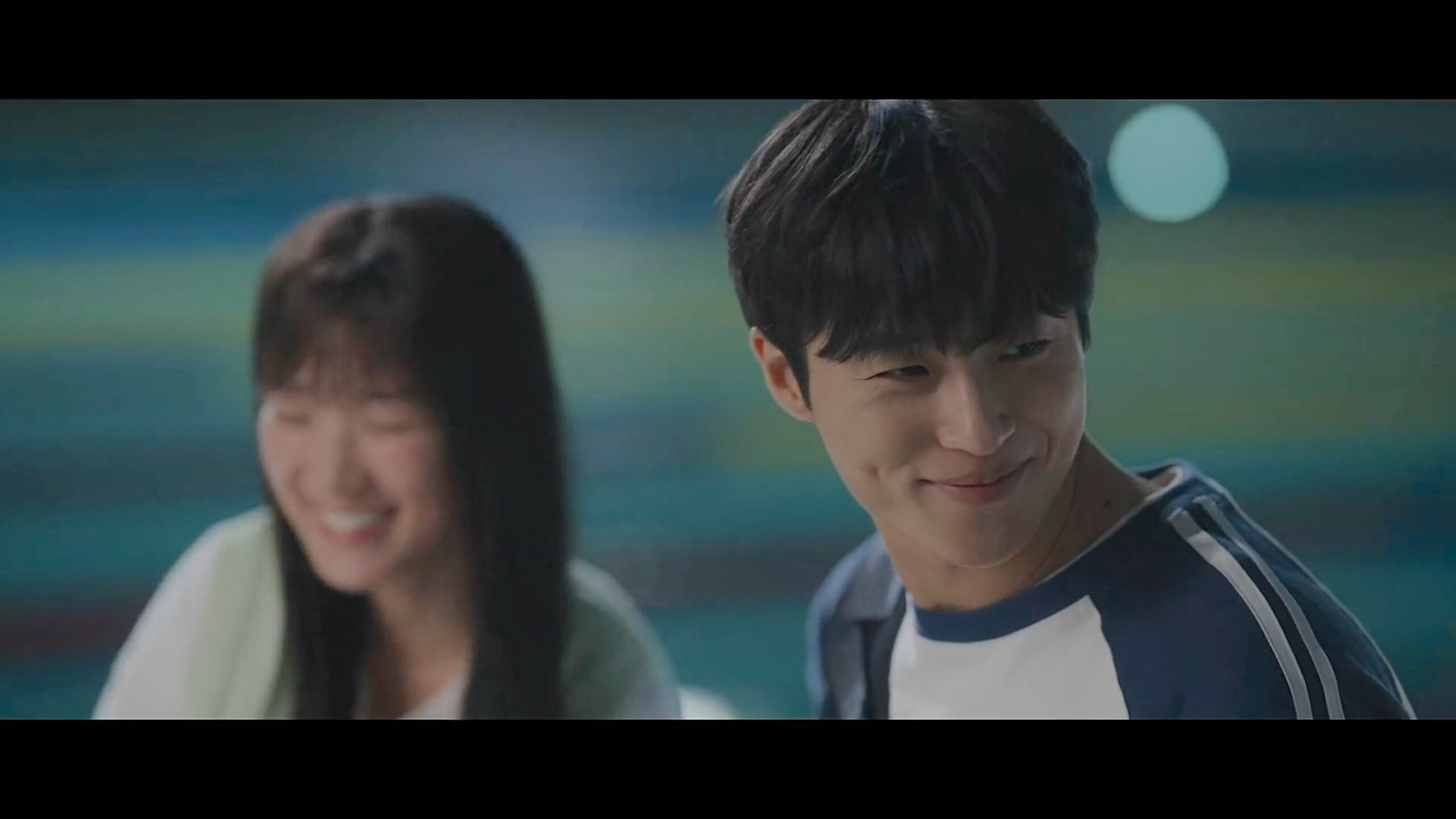
![[Beanie Recs] Dramas about fangirling](http://d263ao8qih4miy.cloudfront.net/wp-content/uploads/2022/05/BeanieRecs.jpg)
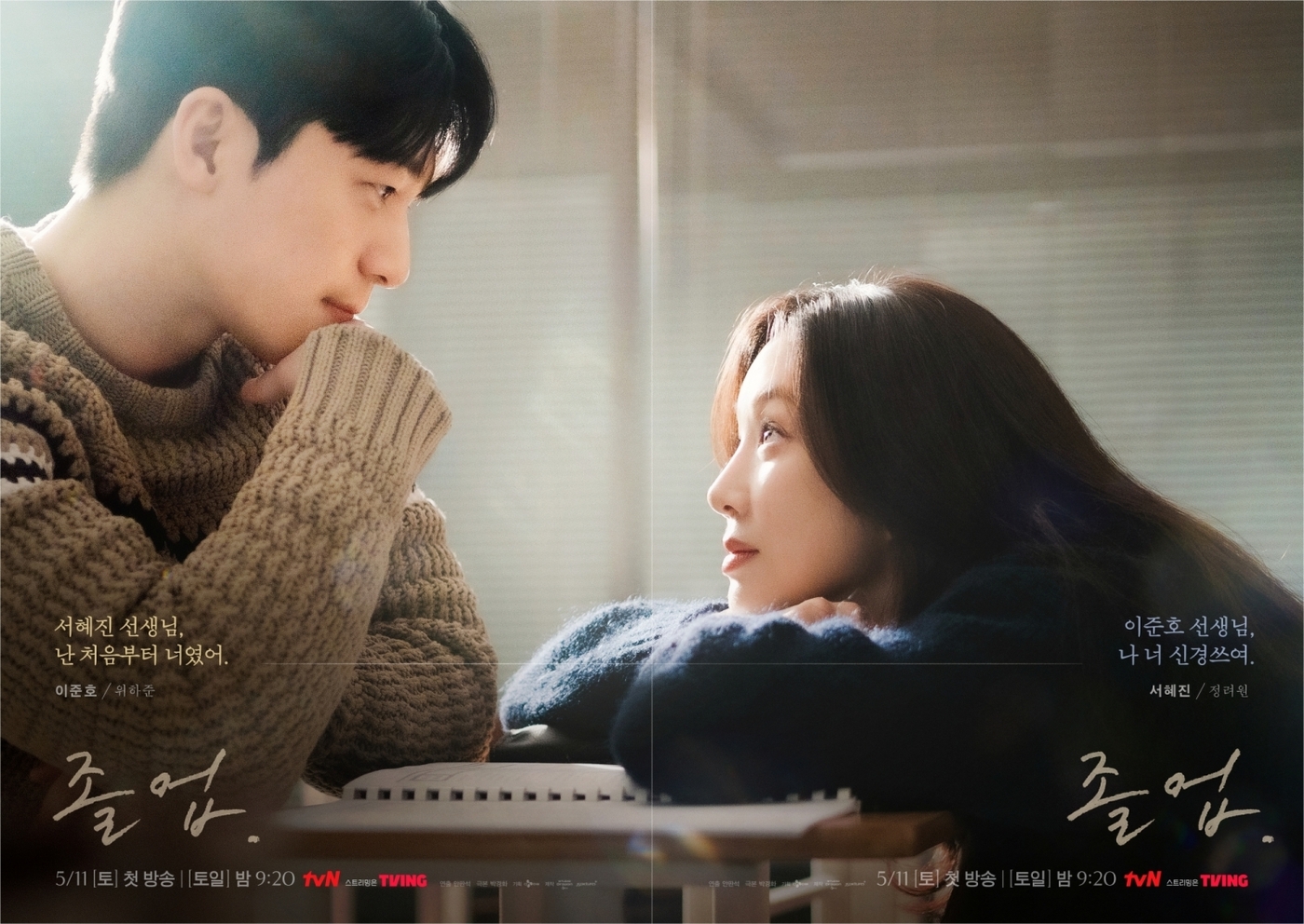
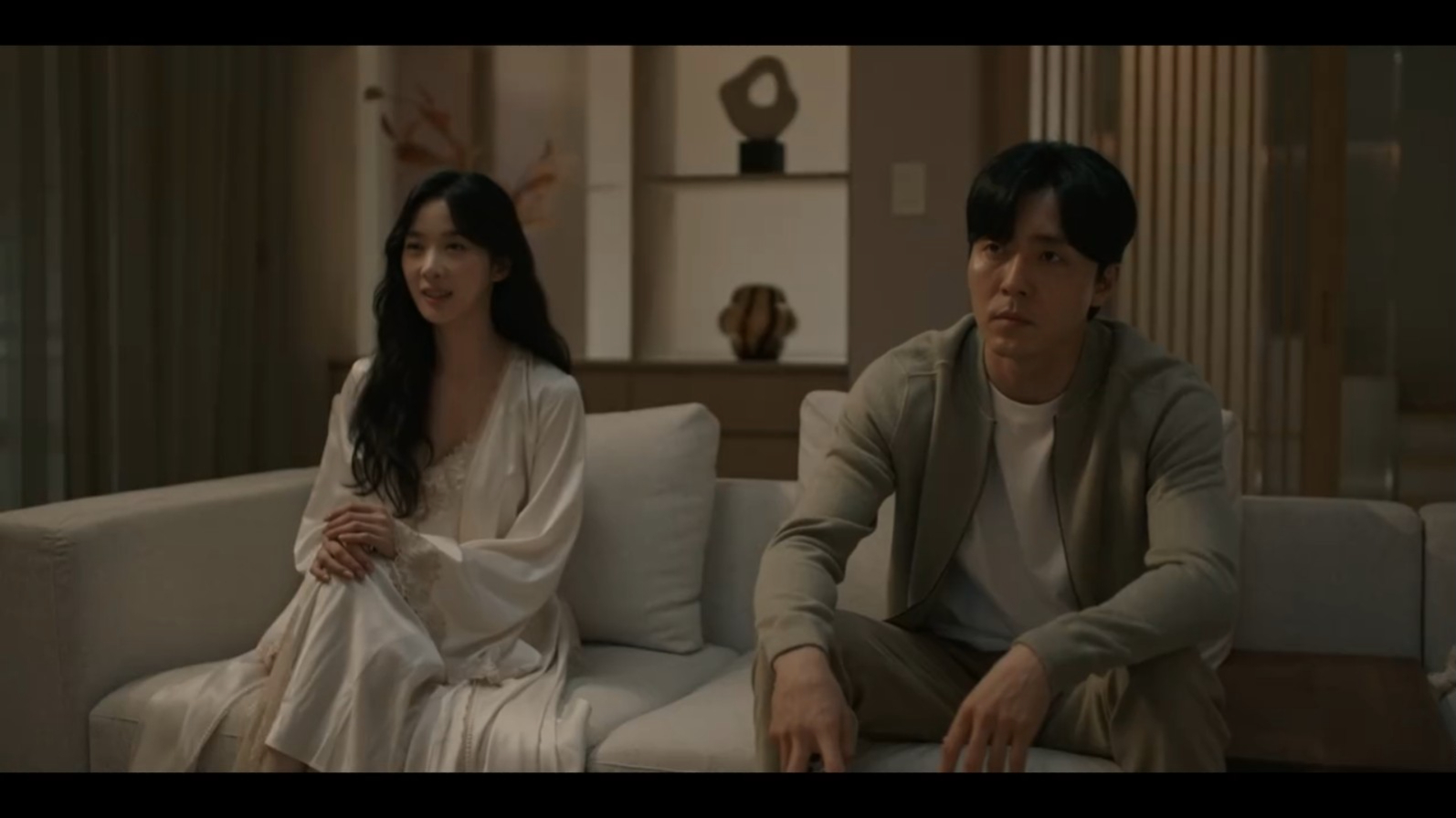
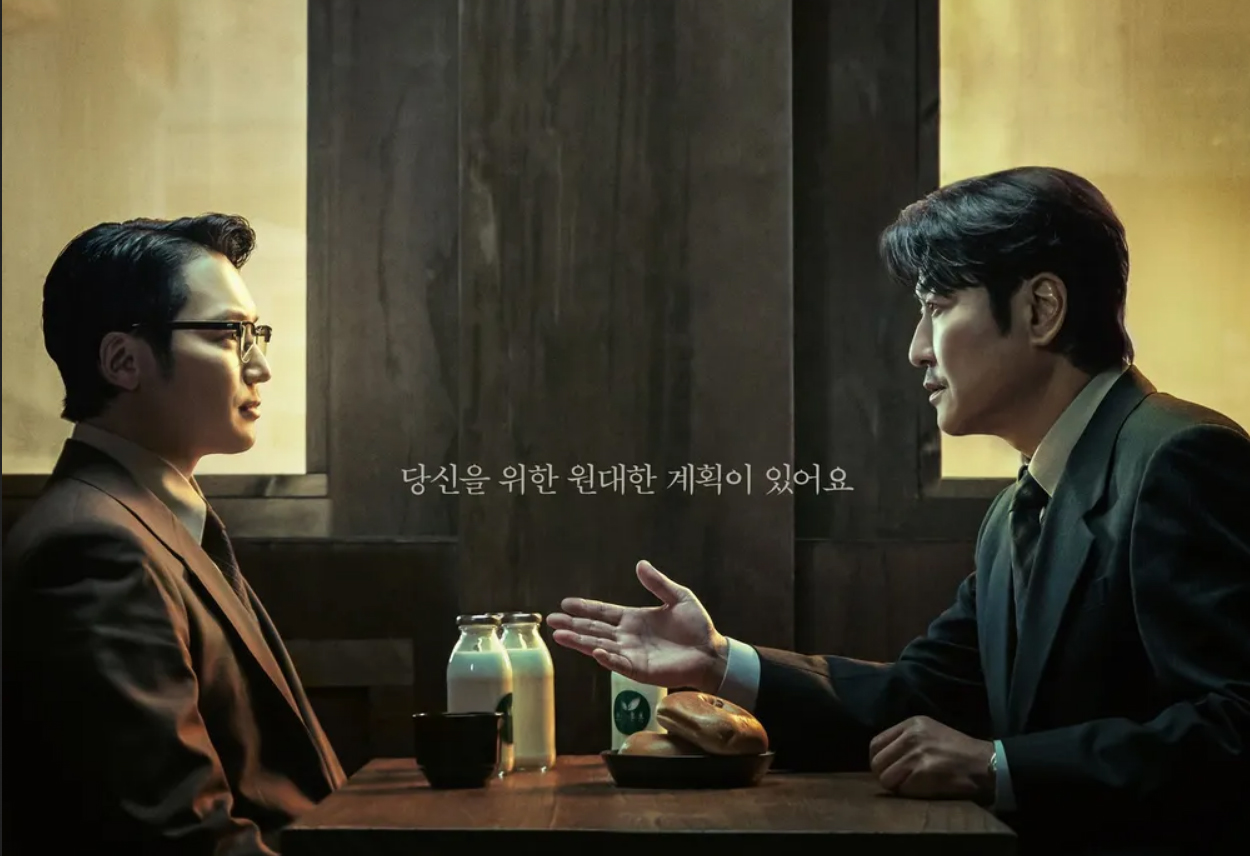
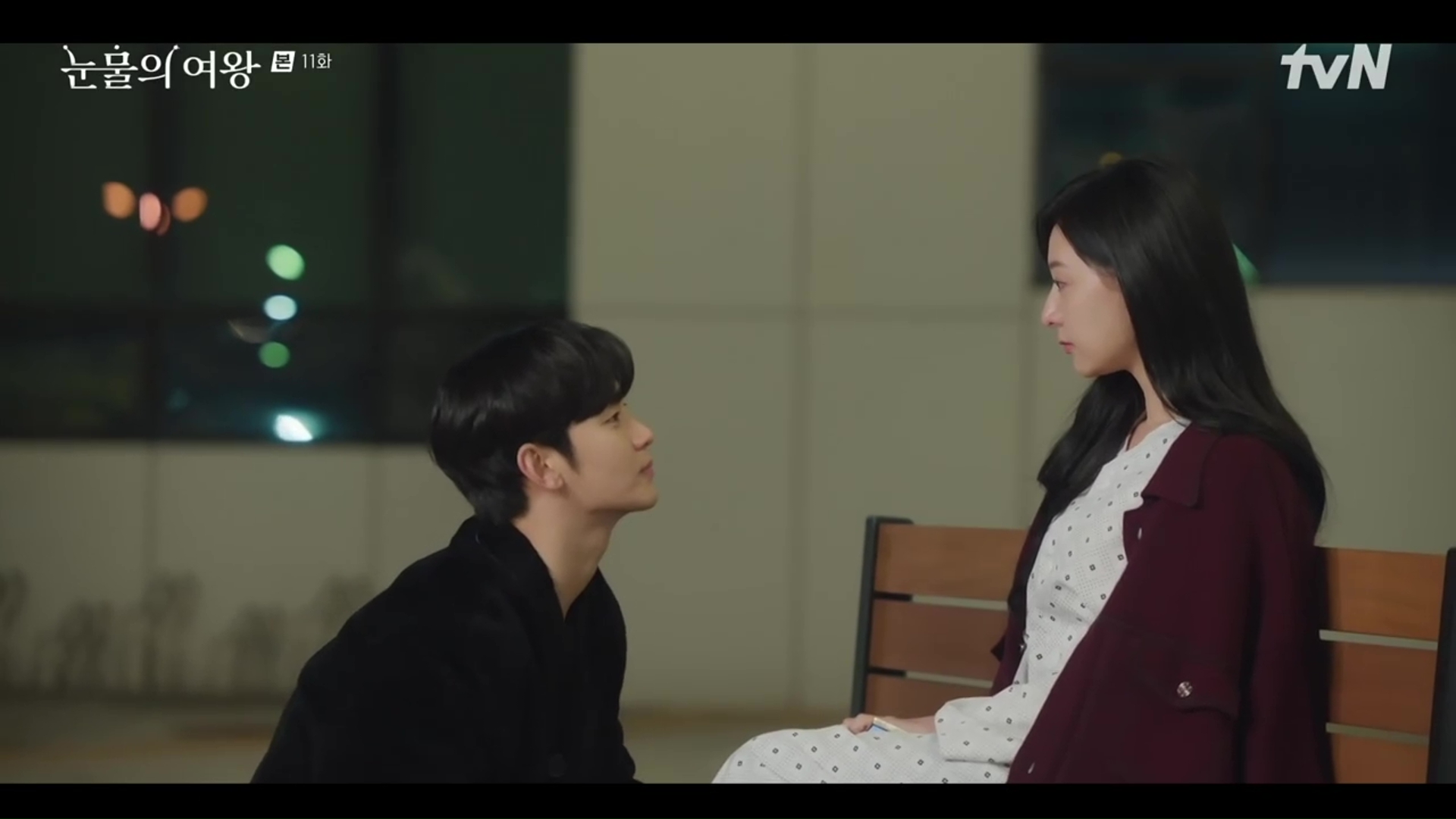
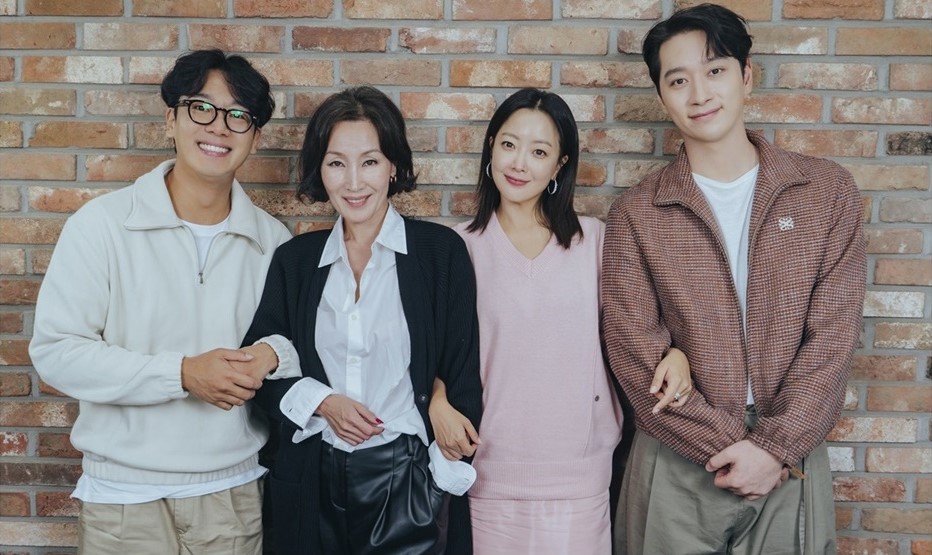
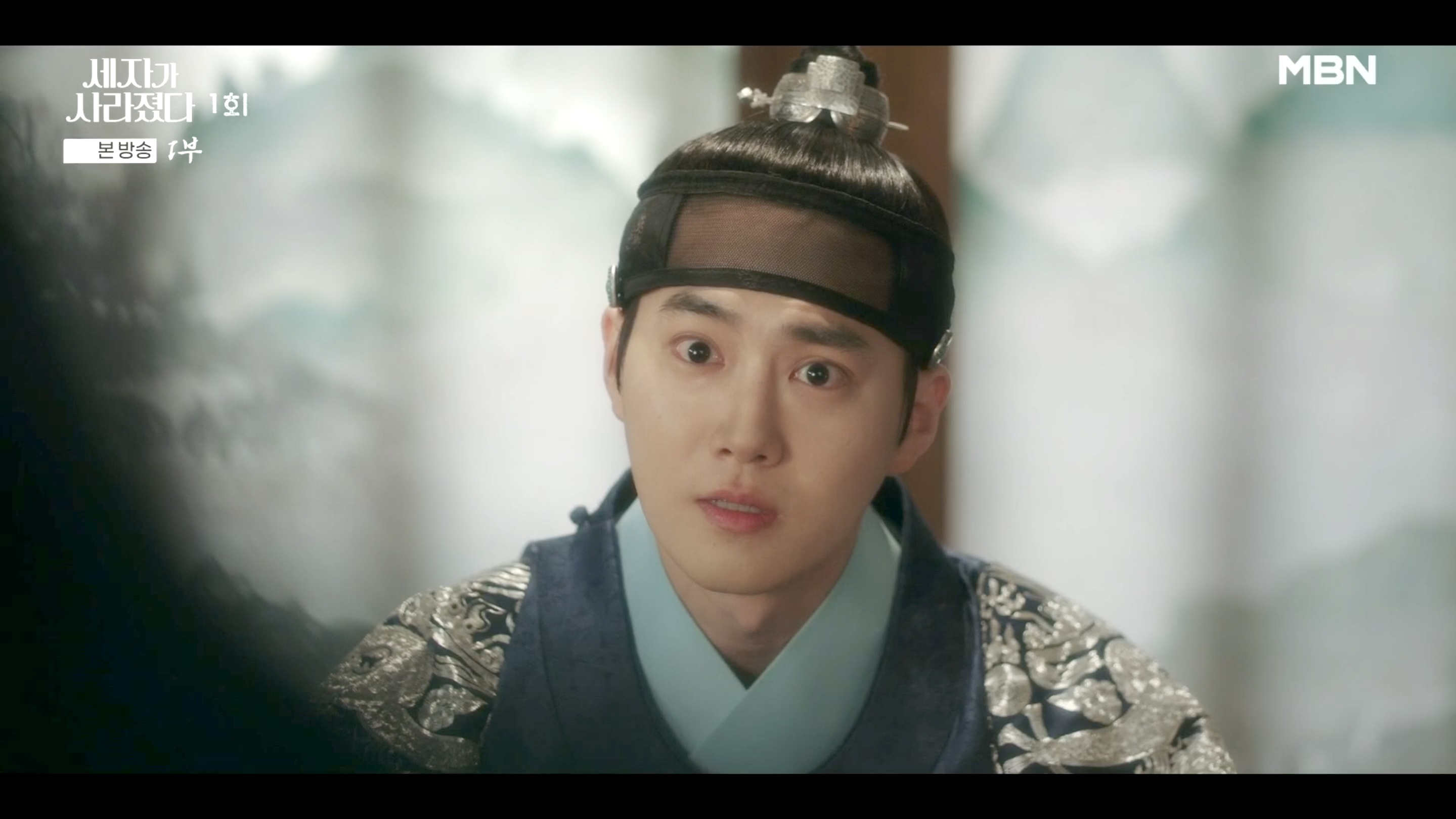
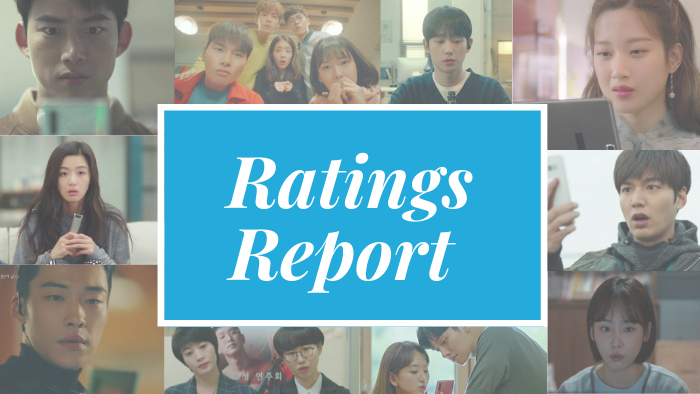
![[Beanie Review] Wonderful World](http://d263ao8qih4miy.cloudfront.net/wp-content/uploads/2024/02/WonderfulWorld_reviewb.jpg)
Required fields are marked *
Your email address will not be published. Required fields are marked *
51 merry
July 31, 2015 at 11:22 AM
One thought why we can't just drop this is: there is much inequality in the world. Can we see glimmer of answers from the drama world on how change can be brought about, other than marrying up or down? What would make for changes that are real and no less dramatic? Or is it asking too much?
Required fields are marked *
52 myloo
July 31, 2015 at 1:31 PM
it seems the writer has a similar story in the drama (can we get married) and this one but without the company.What I noticed was it has similar family dynamics and crazy mothers except in can we get married they don't hate their child. Plus there is undercover chaebol but in a different way (or without the innocence) but all the same traumatized or love thirsty way.Ppl seem to criticize sung joon but I have seen all his dramas and he actually is a good actor(funnily he was also the main there but he plays an innocent character,a funnily dorky one)
Required fields are marked *
53 Lina
July 31, 2015 at 6:35 PM
For those who dissapointed with High Society drama, I highly recoommend you to watch IRY?????
Required fields are marked *
54 Audrey
July 31, 2015 at 9:42 PM
I so wanted to watch High Society and actually did view a few episodes. I wanted to see Sung Joon in another great role, since I really valued what he did in "Shut Up Flower Boy Band" and "I Need Romance 3"---and will keep seeking out good performances from him and other actors and actresses that I admire and respect. Because I value the input from Dramabeans, I paid attention and got definite vibes that told me that I really did not want to invest the time, energy, and effort on watching all of High Society.
And sadly, it seems those "vibes" were correct. Yes, like many other viewers, I've spent long hours watching dramas that failed to deliver in the final analysis, that ended up with rushed or lame endings, that wasted good actors and actresses because of poor writing or other factors. What gripes me isn't so much wishing I could get those hours back, but I could have been watching something really good instead. I don't know if I'm saying this well or not, but, if it wasn't for the folks at Dramabeans speaking the truth as they see it, I would have big regrets right now on this one drama. What I do not understand, however, is why don't the producers and directors pay more attention to sites like Dramabeans with people with insightful comments and, indeed, vast drama expertise? This isn't blarney...so many times I've read comments here, which if followed, would have avoided obvious "train wrecks" like this one. Are the producers and directors so obliviously devoted to just grinding out one more drama, that they cannot be bothered to listen to the "little people"? What gives here?
Required fields are marked *
55 sheza
August 1, 2015 at 8:56 AM
Thanks for the recap. You get a feeling that a 10 year old wrote the script for this drama. The only one garnering the ratings is Park Hyung Sik I think.
Required fields are marked *
56 Wanderer
August 2, 2015 at 3:27 PM
Ah this drama has finally ended tho I still don't see a very happy ending between YH's family. I guess not everyone has happy endings. Lmao!
Required fields are marked *
57 dramadreamer
August 3, 2015 at 12:22 AM
seems that many viewers dun think HS was deserving of its high ratings, compared to better dramas like IRY which garnered only half the ratings . i only watched less than the first episode of IRY so i cannot comment on it. However, i think what HS got gg for it was the 4 leads (suprise, surprise) - lots of eye candy and just enough angst and cuteness, as well as eye-rolling (so we have someone to really dislike!! - hint hint - one of the 4 leads...) to drag ourselves back to the telly every wed and thurs night. perhaps the themes in HS were more universal than IRY which seems darker and more intriguing. or perhaps, there was nothing else better to watch? even more of a let down was "mask" - do NOT watch that drama! do not even think that tot!!i guess viewers enjoyed the pretty in HS. overall, i tot it much maligned. the writer did not want to portray anything dramatic - think he/she was going for 'a year in the life of 2 chaebol punks who meet the love of their lives". in real life, people dun change that much either. of all the characters, i tot CS was the most intriguing. he was never a really nice person - he was a player, elitist and privileged. however, he always tried to do the decent thing and i think he should be given "the most mature chaebol prince " award for not even considering leaving his family for his love!! the usual trope of the male heir to megal empire who falls for candy girl and has to choose between his family and poverty ( but with girl) is so overused . all the chaebols should start putting their moms first!! win the mum, so you can win your girl and keep your money!! CS is smart to surround himself with good and capable people . he is a first class strategist lol!!! the other characters should just as well be cardboard figures! and i actually loved this drama over all :)
Required fields are marked *
58 dramadreamer
August 3, 2015 at 12:27 AM
btw, why did no one mention oh my ghostess? am loving OMG - JJS is an excellent actor - i can believe he is a chef from the way he talks abou food and runs his kitchen like a drill sergeant! and the actress who acts as the spirit is excelllent , as is the one acting as Bong Soo. i am guessing that Mr nice policeman had actually murdered virgin spirit girl and that her grudge is actually to discover her murderer ! ok, shall move over to OMG thread now....
Required fields are marked *
59 dramadreamer
August 18, 2015 at 1:43 AM
i dun think HS derserves all the bad press it gets. honestly, i believe there have been far worse dramas - esp those that make one yawn... As i analyse the characters - (being rabid K dramapile) yet again, i must say that i find CS the most intriguing . altho all the characters go through a period of growth, Cs had the most on his plate in terms of having to deal with his best friend's betrayal/deception and also having to face his own demons (i.e. elitism ) and then grappling with how to ensure that he still ends up with the girl and mom! not to mention having to survive in the corporate jungle against his creepy hyung. anyway, will always remember this drama for PHS hair and all his cute acting! >o<
Required fields are marked *
60 Fangsing
September 20, 2015 at 7:21 AM
Find ending alittle abrupt with no clear direction of YeWon and Kyung Joon. But I guess the romance for the 2 couples were good just like fairy tales especially the love betw Chang Soo and Ji Yi. Finally, Joon Ki (Sung Joon) has changed the perception of d usual kissing scene of a korean drama, the kissing scene was less superficial and natural.
Required fields are marked *
61 dramabird
October 16, 2015 at 3:52 PM
I'm going voting crazy!
Required fields are marked *
62 Elle
May 9, 2017 at 7:05 AM
For me Ji-yi and Chang-soo couple is tje main couple for this drama series. They're so cute and adorable. :)
Required fields are marked *
63 Liz
October 18, 2023 at 5:11 AM
I just came in here to know if kyung joon really died and he didn't so I'm so happy
Required fields are marked *